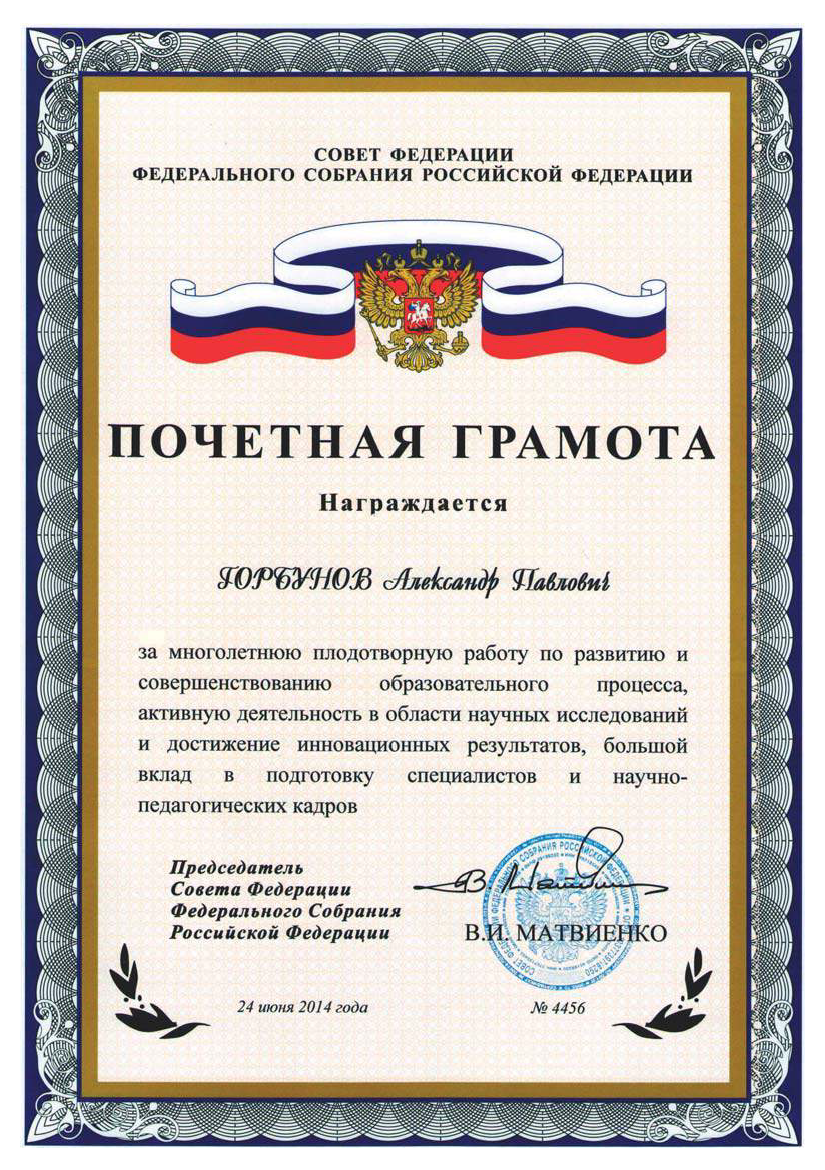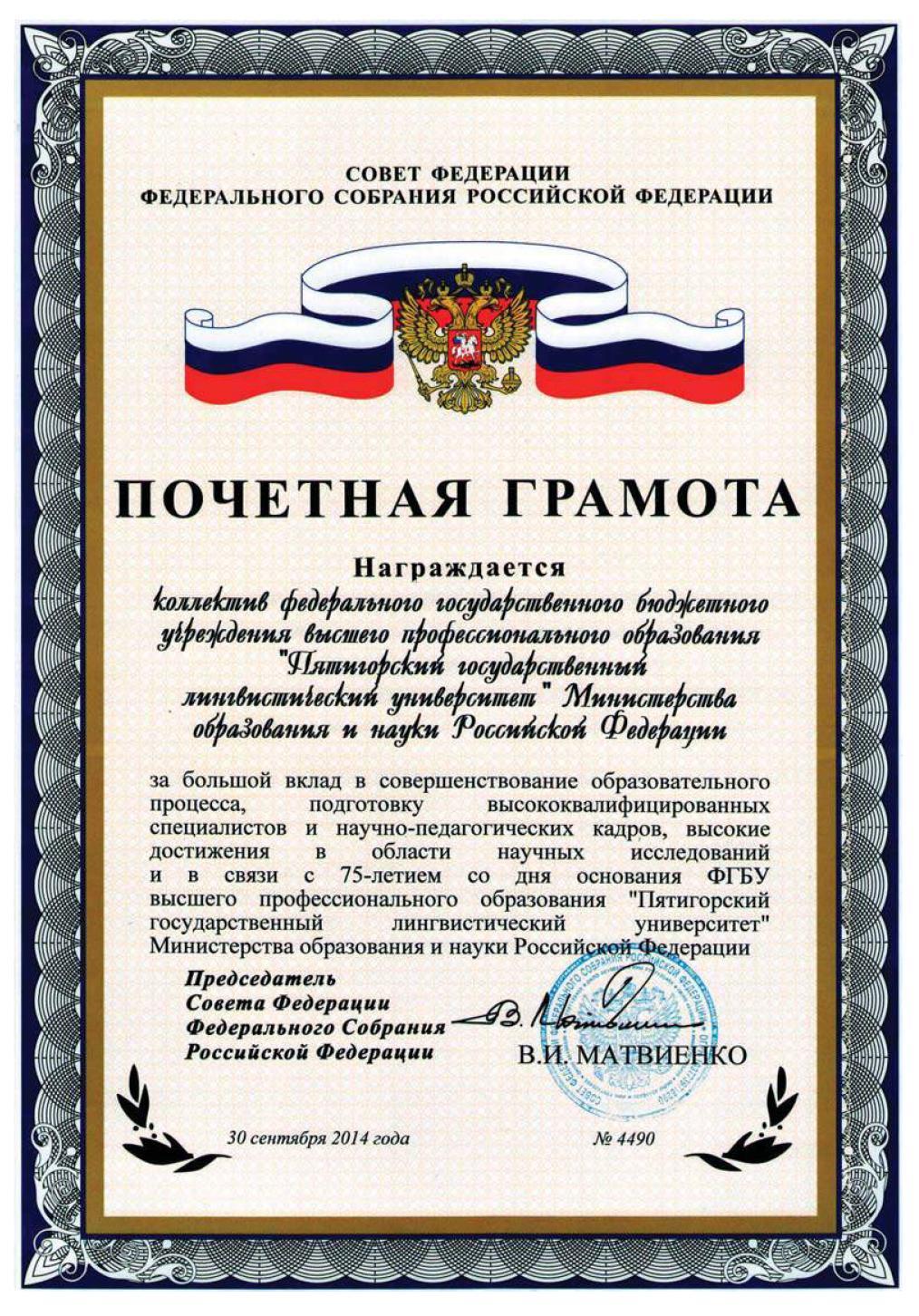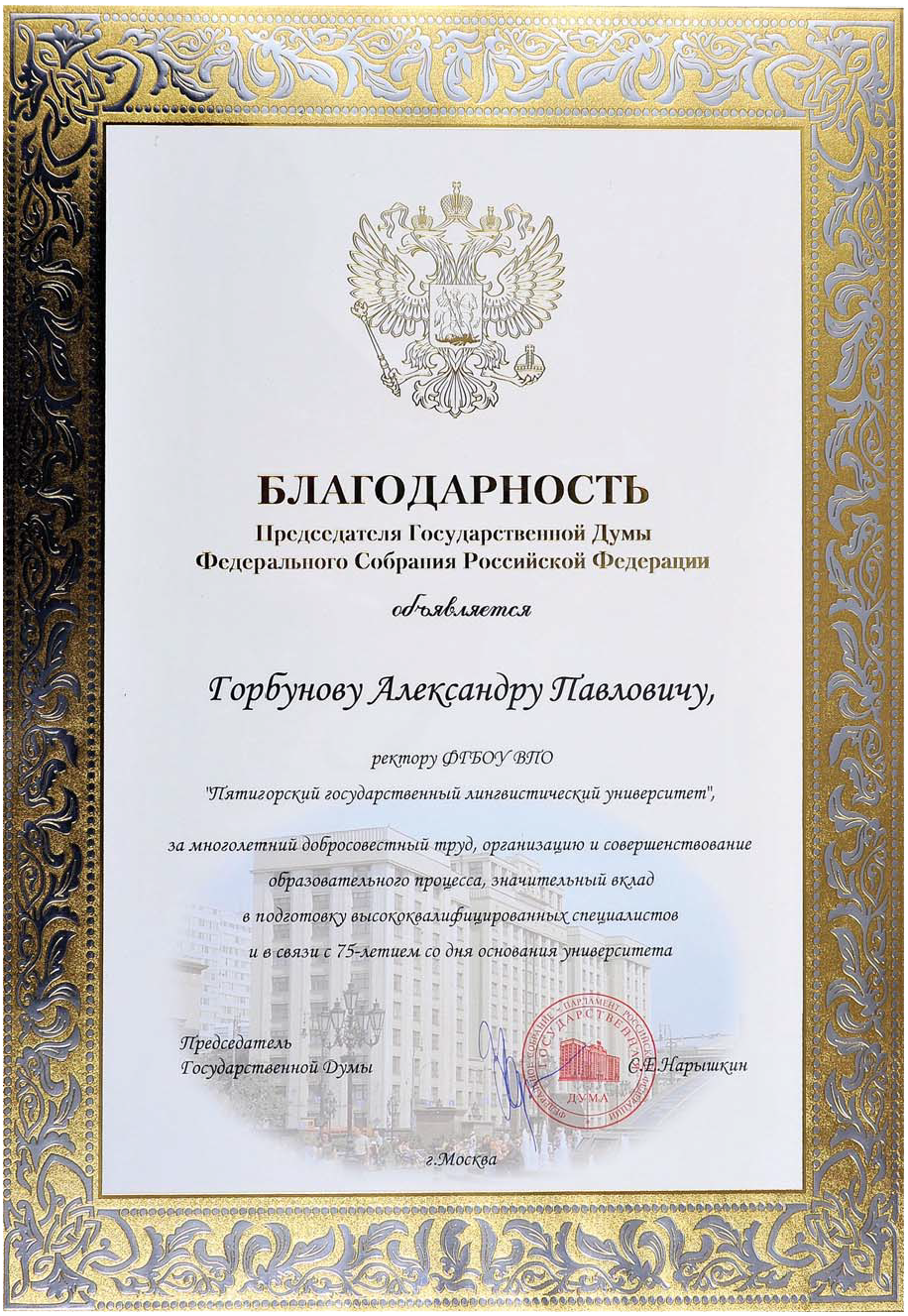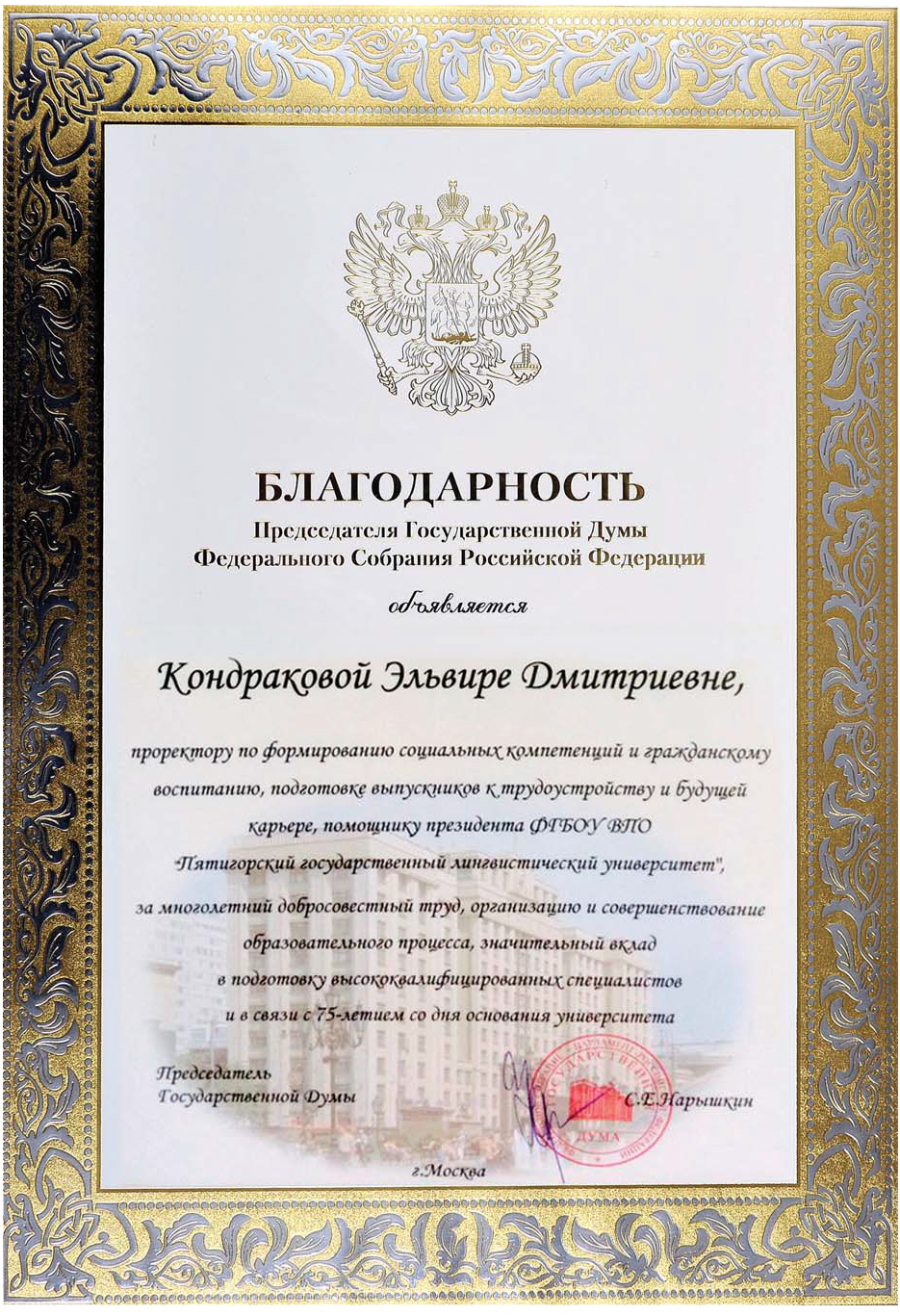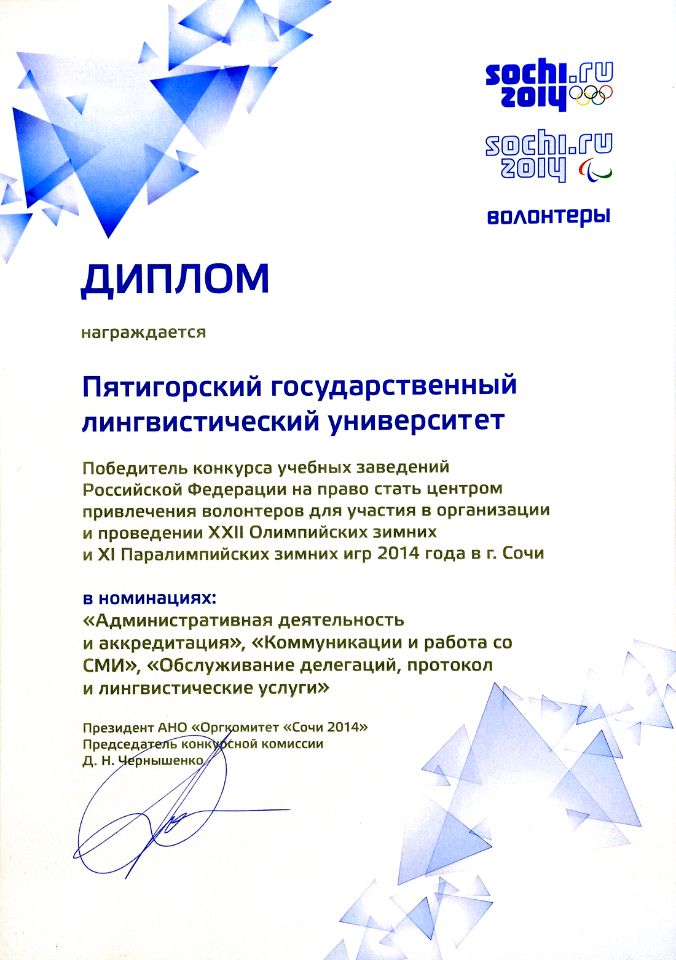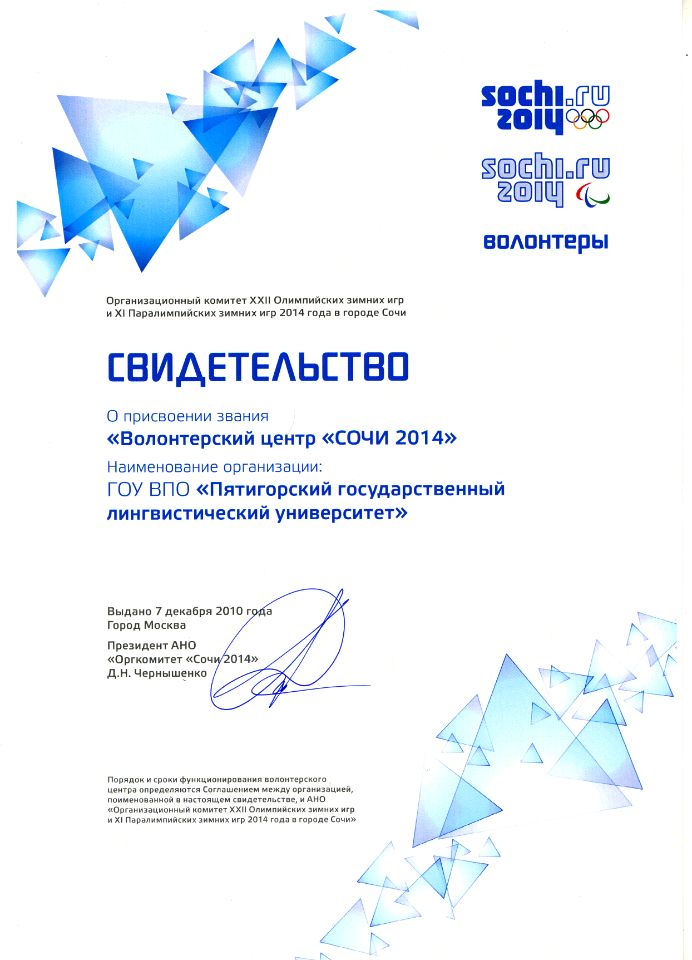UNIVERSITY TODAY
“University that Opens and
Transforms the World”
Federal State BudgetaryEducational Institution of Higher Education «Pyatigorsk State University»
(former Pyatigorsk State Linguistic University) is a major innovative, educational, research, and humanities center in South Russia, widely known throughout the country and abroad under the brand name “University that Opens and Transforms the World." This is the university of creative ideas, creative professions, creative practices, and technologies.Pyatigorsk State University is among them. It is one of several universities in the country that implements qualified training in foreign language teaching and the principal university of this type in South Russia. The university trains a new type of graduates – leaders of transformation who are able to create and implement new innovations.
The campus spreads across one of the most beautiful areas in Pyatigorsk, the precious gem of Stavropol Krai and the Caucasian Mineral Waters Region, glorified by great Russian poets and writers Michael Lermontov, Alexander Pushkin, and Leo Tolstoy, who wrote their poems and novels here. In 2010, Pyatigorsk was declared the capital city of the North Caucasus Federal District by the Decree of the President of Russia.
The university has a rich history and old traditions dating back to 1939, when Pyatigorsk State Pedagogical Institute was founded. Later, in 1961, it was transformed into the Pedagogical Institute of Foreign Languages, and in 1995, it acquired the status of a Linguistic University. Since 2006, the university has been heading for transformation from a conventional university to a creative and innovative university, a leading center of education, science, and innovation.
In May 2016, a new era of university development as a multidisciplinary institution started.
Following order no. 566 of the Ministry of Education and Science of the Russian Federation dated May 13, 2016, “Pyatigorsk State Linguistic University” was renamed "Pyatigorsk State University." This decision came into force after the registration of the Unified State Register of Legal Entities on May 27, 2016.
Since December 2005
It’s due to the efforts of Alexander Gorbunov that the university entered a new phase of development that involved a transition from a conventional university to a transforming (creative and innovative) university that implements a university concept as a multicultural civil and professional society, evolving into the center of linguistic and cultural diversity and “The University that Opens and Transforms the World." Since that time, the university has changed drastically.
In 2006, the university was ranked third in the rating list of the best of Russia’s pedagogical and liberal arts universities monitored by the national Ministry of Education and Science. According to the Vladimir Potanin Charity Fund’s independent research, it was nominated as one of the country’s best universities for the 15th time.
As per the results of the prestigious All-Russia Contest “Russian Organization of High Social Efficiency,” sponsored by the Government of Russia in 2007, the university won a prize in the category “Education and Science."
International recognition
The Russian certification in 2007 and the international certification in April 2009 verified the high level of quality management at the university.
In 2008, the university began issuing European Diploma Supplements to its graduates’ diplomas.
In 2008, PSLU was successfully certified by the Chamber of Commerce and Industry of Russia, and in 2009, PSLU was awarded its special diploma for its major contribution to the training of highly skilled specialists and for its scientific research in philology and linguistics. In October 2011, and then in October 2014, the Chamber of Commerce and Industry of Russia included PSU in its list and issued a respective certificate confirming the high level and quality of the training, retraining, and refresher programs for specialists graduating from PSLU.
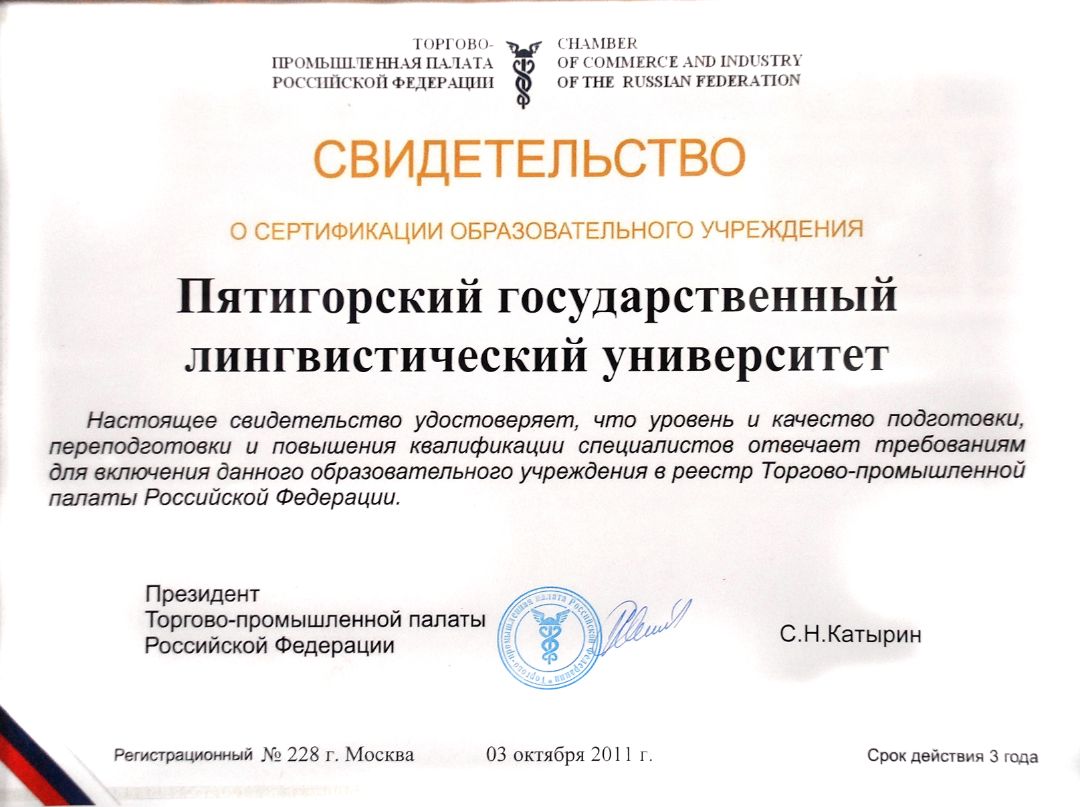
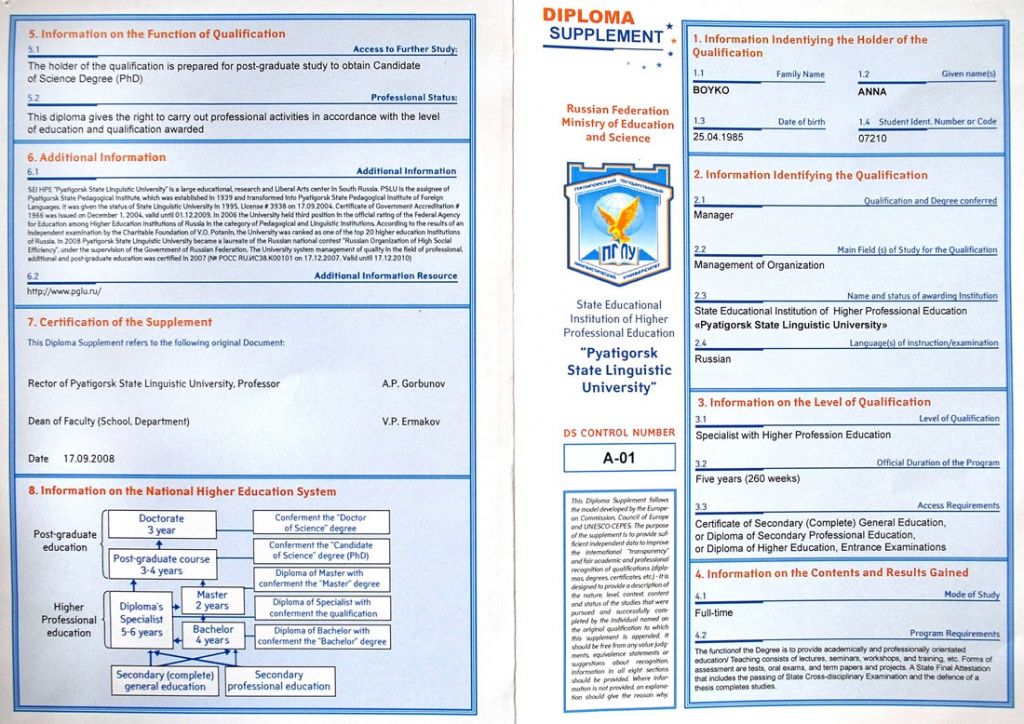
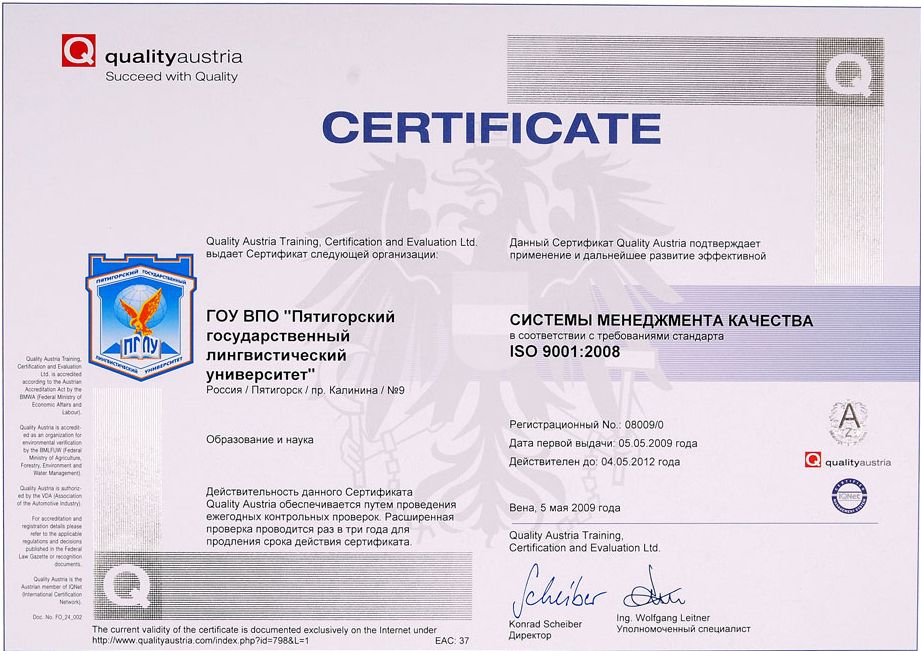
In November 2012,
In July 2014, Alexander Gorbunov was elected as a member of the Council, Board, Presidium, and vice president of the Russian Union of Rectors.
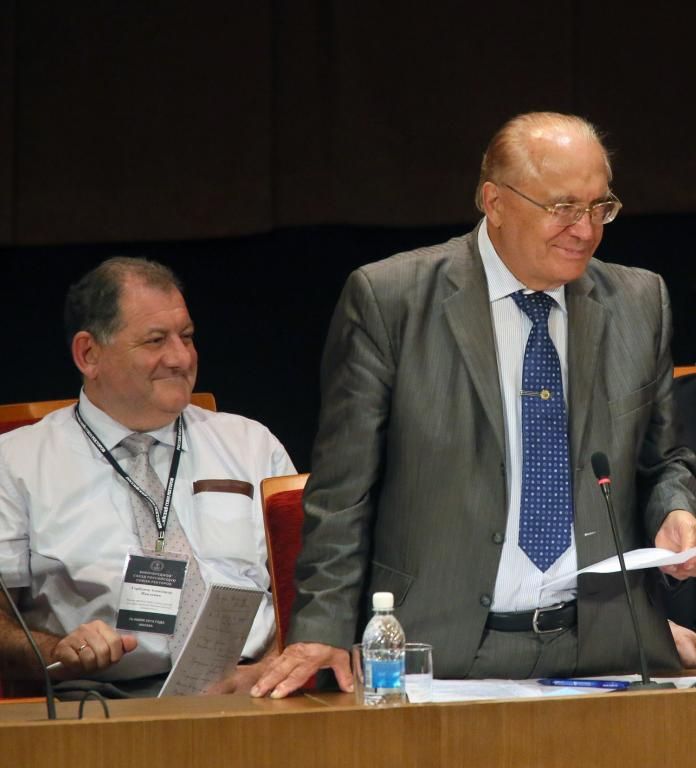
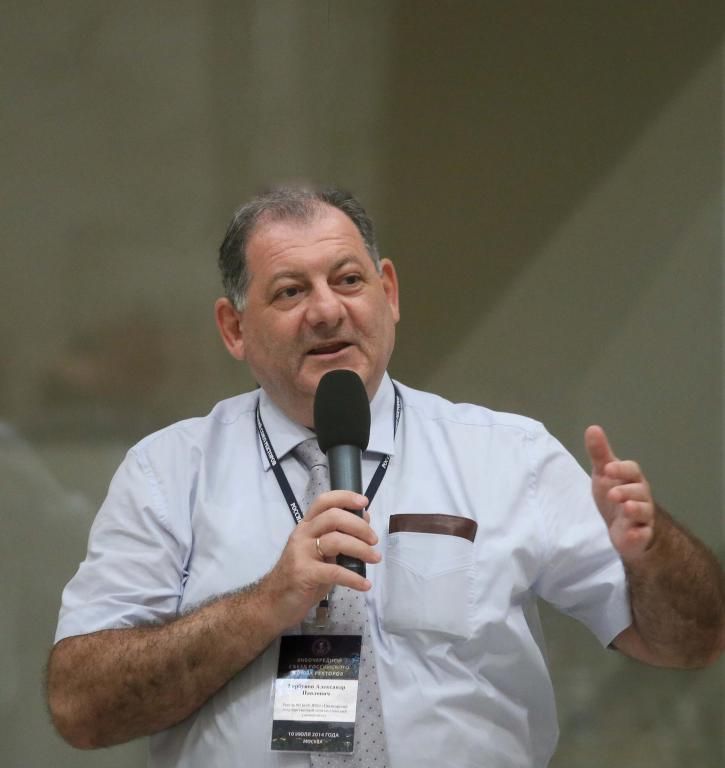
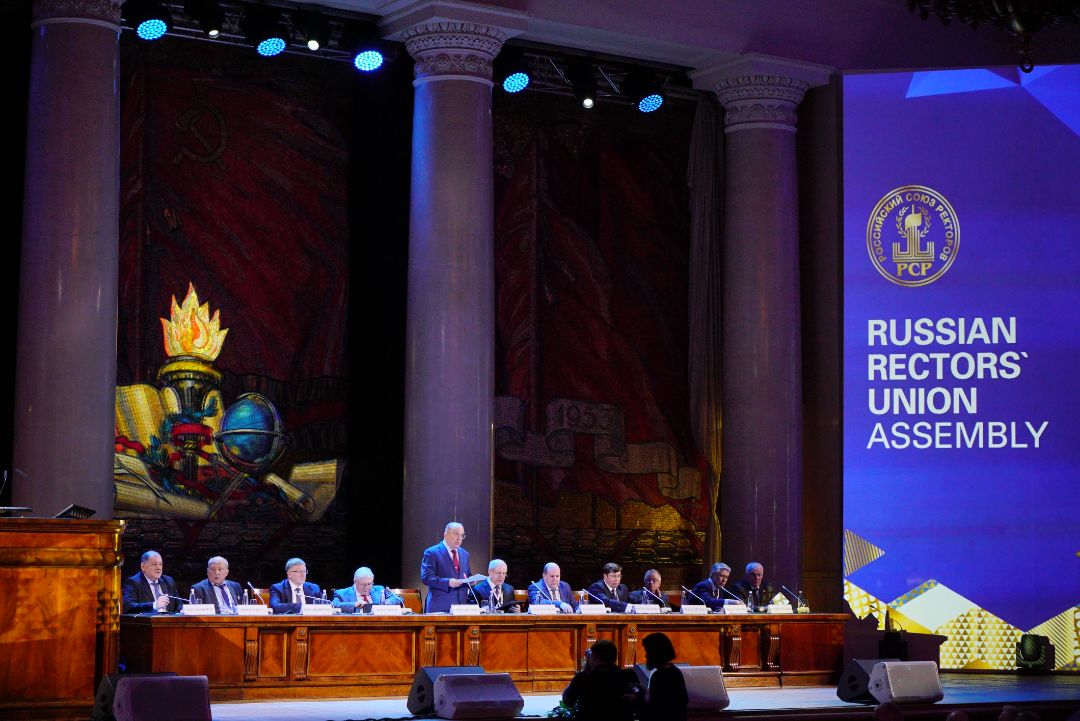
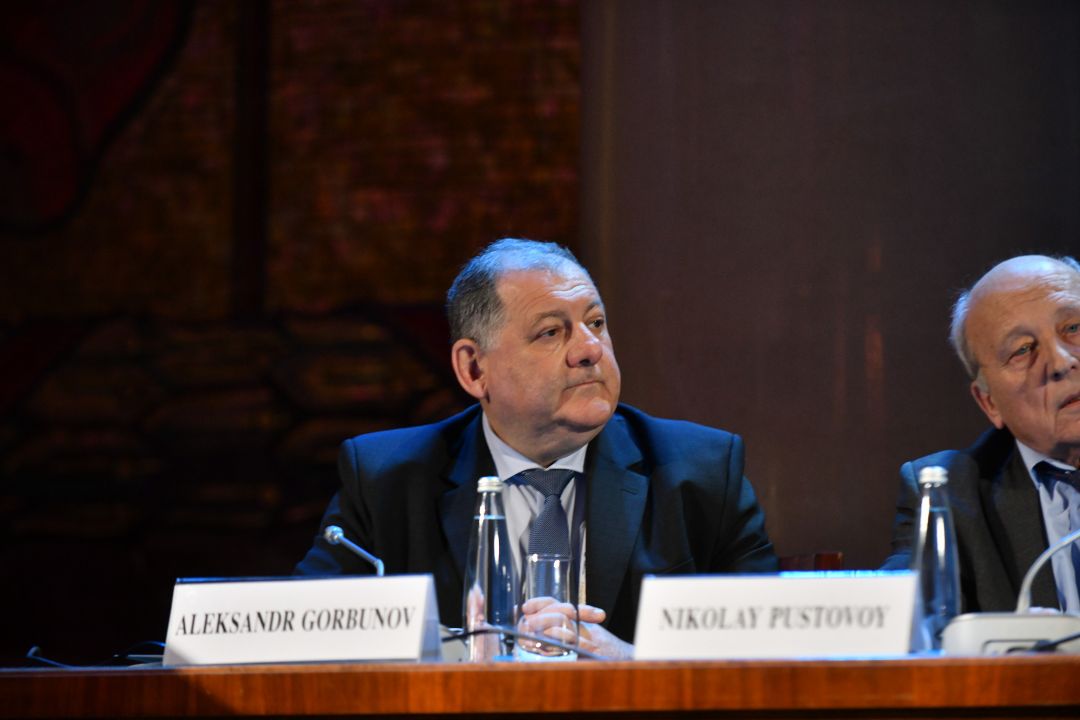
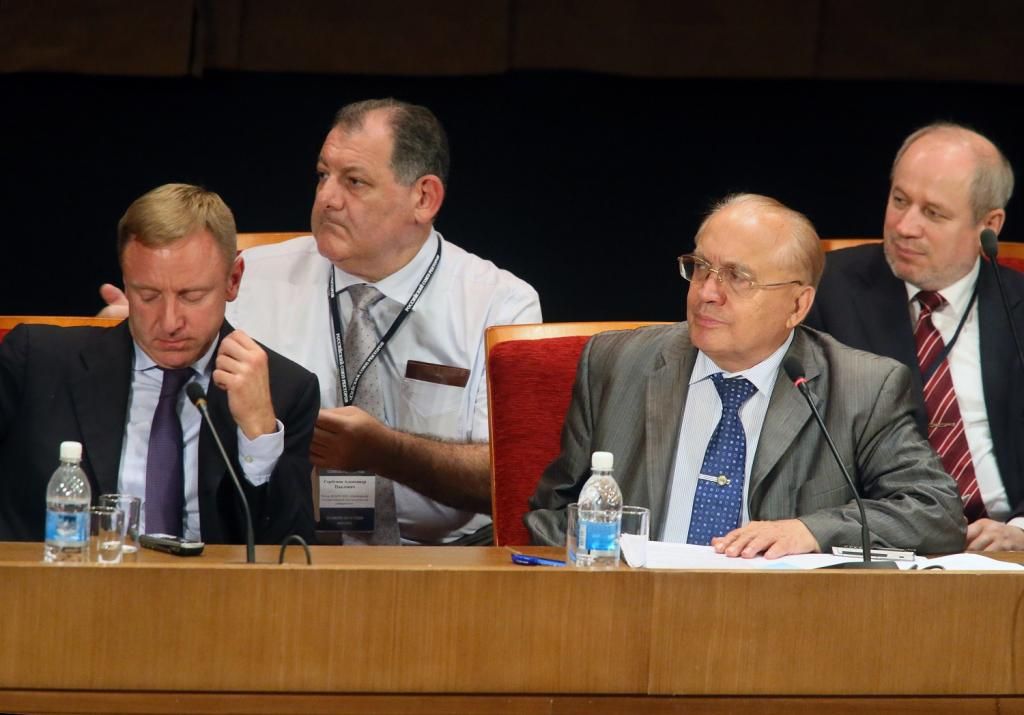
In October 2014,
On March 2015,
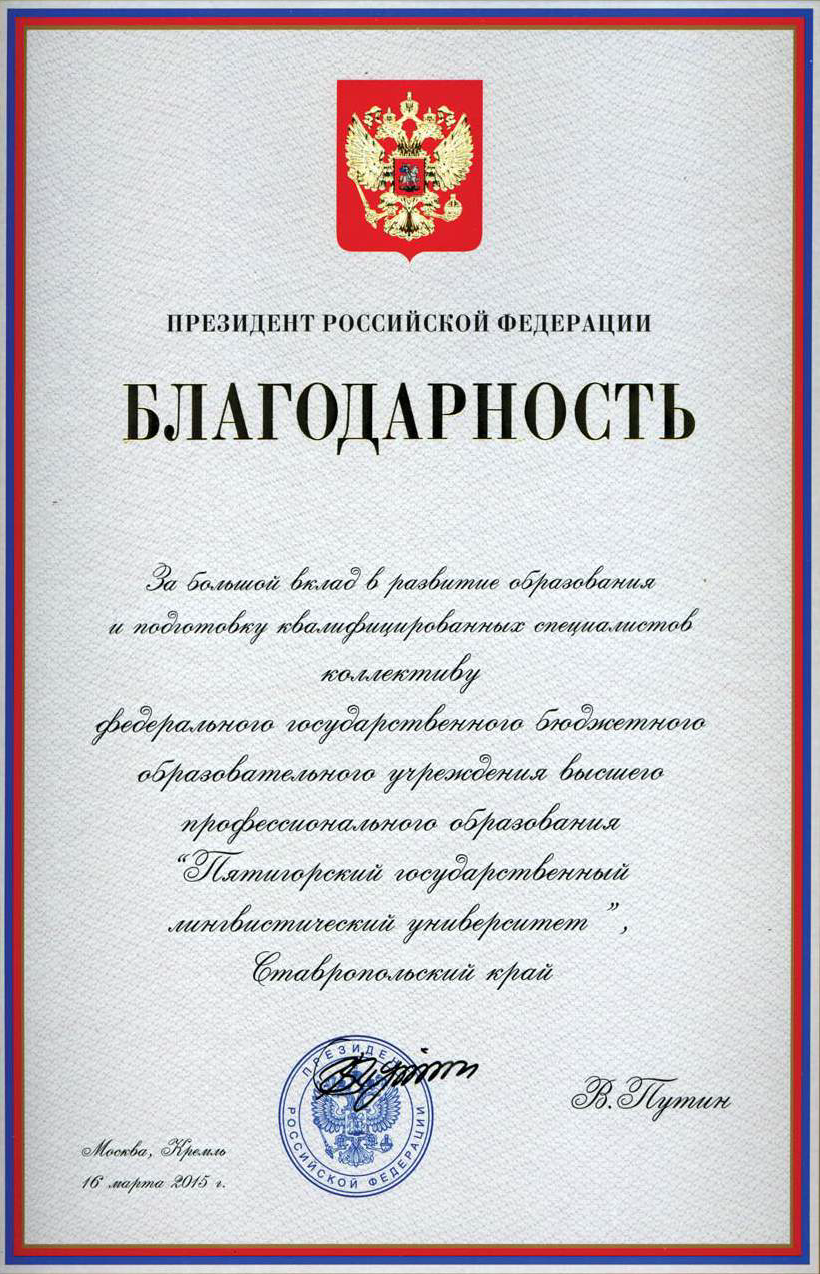
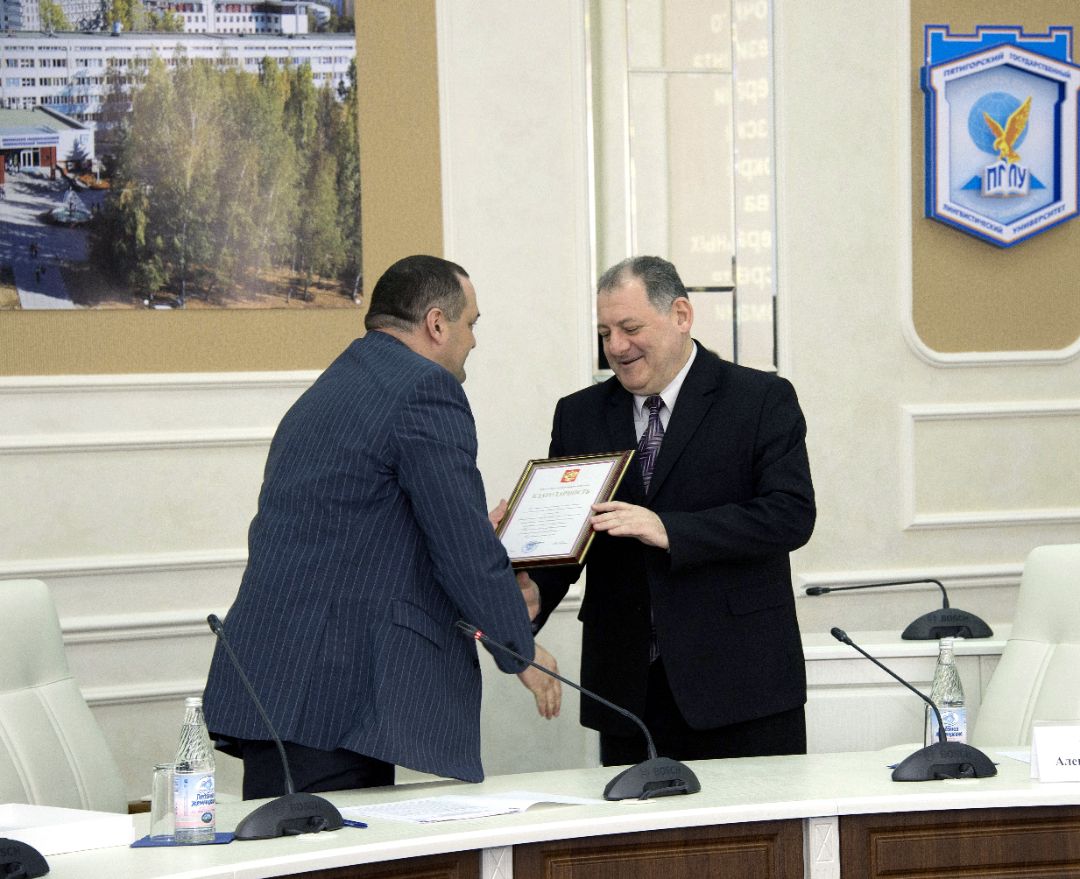
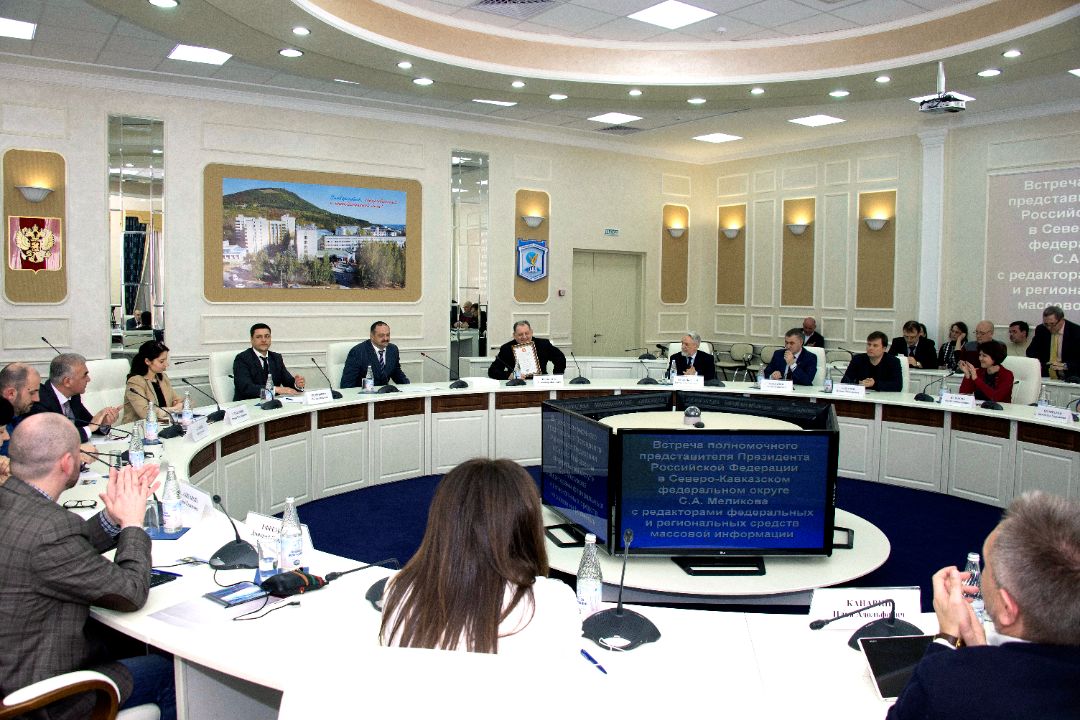
Since 2014
In December 2015, the project of the university occupied third place in the all-Russian competition “Literature Legacy," organized within the framework of the Year of Literature in Russia by the Ministry of Education and Science of the Russian Federation. Deputy Minister of Education and Science V.S. Kaganov and Rector of Pushkin State Institute for Russian Language M.N. Rusetskaya highly praised the creative activity of the university in Russian language, literature, and culture promotion in the world educational space.
In 2015, the university took first place in the annual all-Russian competition for a student dormitory among educational establishments of higher education in Russia, which was organized by the Ministry of Education and Science of the Russian Federation together with the Trade Union of Workers in Public Education and Science in the Russian Federation.
Since 2009
Pyatigorsk University is a member of the International Association of Applied Languages (AILEA), the EURHODIP Association, the National Association of Communication (USA), the SCO Consortium of Humanities Universities of the Shanghai Organization for Cooperation, and the Inter-University Council for Spiritual Education of the Commonwealth of Independent Countries (CIS).
Rewards
Pursuant to the formal rating of the Ministry of Education and Science of the Russian Federation, PSLU has been listed among the top ten liberal arts universities in the country and, in recent years, has been referred to as one of the best institutions of higher education in the country according to the results of independent validations. In 2008, the university began issuing European Diploma Supplements to its graduates’ diplomas.
In October 2009, PSLU was awarded the Silver Lermontov Medal by the Russian Lermontov Committee in appreciation of its contribution to the implementation of advanced methods of teaching.
As a result of 2009, PSLU became the prizewinner of the “A Hundred Best Goods of Russia” program in the nomination “Educational Services” and was awarded a diploma and medal for “Quality Excellence," while in May 2010, PSLU was granted a golden medal under the nomination “100 Best Organizations of Russia in Science and Education."
In summer 2010, students of PSLU were awarded the Second Class Diploma for their participation in the contest of student projects on the subject of service sector and hotel service within the scope of the 17th international conference of the EURHODIP Association in Saragos (Spain), which hosted representatives of 22 countries.
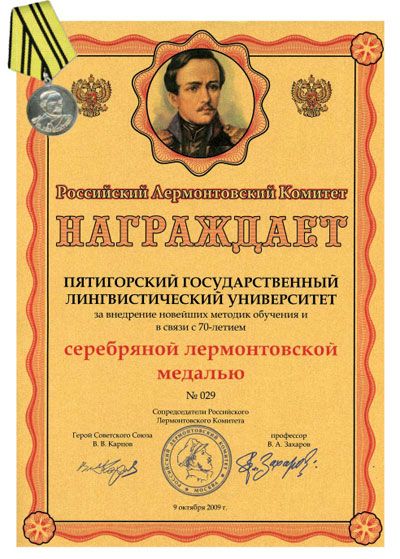
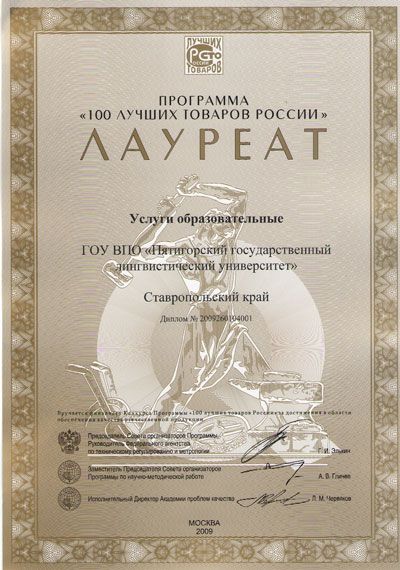
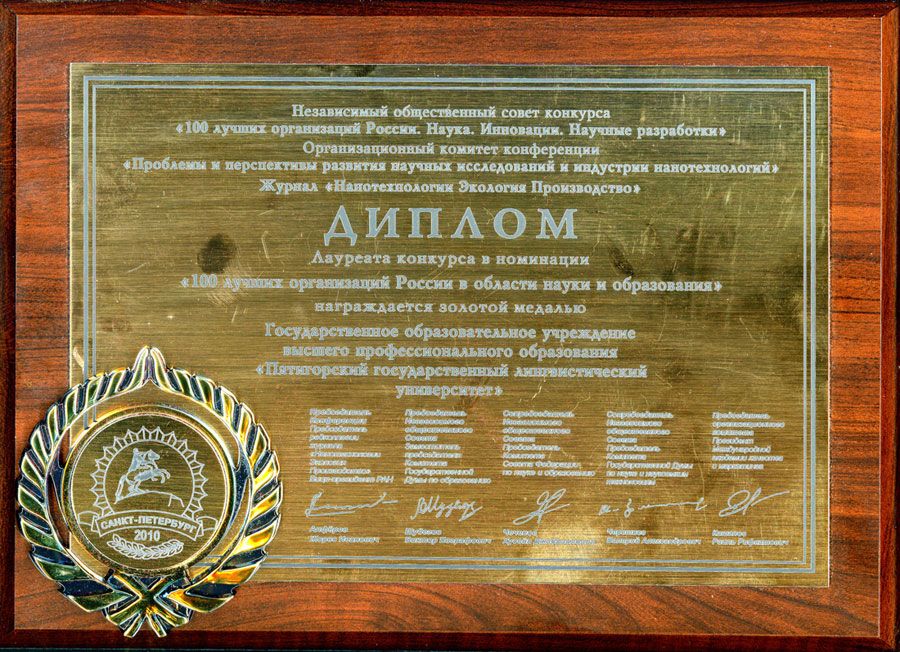
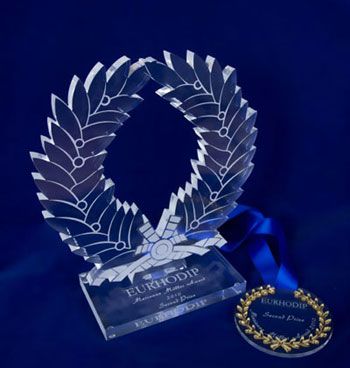
Volunteer Centre
On December 7, 2010, the university confirmed its socially credible status, becoming the only North Caucasus institution of higher education among the 26 winners of the All-Russian contest privileged to establish the Volunteers Training Center for the XXII Olympic Games and XI Paralympics in Sochi in 2014.
The winner’s diploma outright in three nominations:
"Administrative activities and accreditation";
"Communication and media facilitation";
"Facilitating delegations, protocol, and linguistic services."
and the Certificate of Conferral of "The Volunteers Center Sochi 2014" status has been handed over to the university by Prime Minister Vladimir Putin and his Deputy Dmitri Kozak.
In 2014, the “PROFI-SOCI-LINGUA” volunteer center sent 800 people to the XXII Winter Olympic Games and the XI Paralympic Games. Being a part of the 25,000 volunteers, they brilliantly implemented their work in functions like linguistic services, media, accreditation, protocol, arrivals and departures, and event management with foreign participants.
On January 23, 2014, Pyatigorsk was the first city in the North Caucasus to receive the Olympic Flame Relay. 71 torchbearers and 5 PSLU representatives, among them, carried the flame along the city streets.
Volunteers of the Center
The participation of the volunteers in the 2000th anniversary of Derbent proved the highest level of the center’s work. The Center’s team managed the volunteer staff “Derbent 2000," which coordinated the activity of 1000 volunteers.
Education
Currently, over 4,500 undergraduates, postgraduates, and trainees from 56 Russian regions and 26 foreign countries study at the institutes and schools of the university; 3,500 more are involved in its lifelong learning structures. All the people and ethnic groups of the North Caucasus are represented in its friendly student community. There was no case for the last 20 years when the university diploma was not recognized or proved in any country. Since 1968, the university has trained about 1,800 foreign experts for 61 states (Asia, Africa, the Middle East, Latin America, and other regions of the world).
One of the peculiarities of the university is the wide geography of its students. PSLU students come from all the republics of the North Caucasus as well as from the Tatarstan Republic, Yakutia, Buryatia, Jewish Autonomous Region, Komi Republic, Udmurt Republic, Yamal-Nenets and Khanty Mansi Autonomous Districts, and Tula, Saratov, Murmansk, Sakhalin, Magadan, Chita, Perm, Tyumen, Chelyabinsk, Arkhangelsk, Kaliningrad, Orenburg, Tomsk, Amur, Belgorod, Sverdlovsk, Moscow, Rostov, and Volgograd regions, from Moscow and Saint Petersburg. Foreign students include Azerbaijan, Armenia, Afghanistan, Belarus, Great Britain, Vietnam, Germany, Greece, Georgia, Egypt, Iran, Spain, Italy, Kazakhstan, China, South Korea, Lebanon, Mexico, Moldova, Tajikistan, Turkmenistan, Turkey, Uzbekistan, Ukraine, Sudan, the USA, the Philippines, and France.
In the 21st century, every graduate needs to communicate freely in foreign languages, know how to read any text in world media, and be a world-class professional. The training of such experts is the principle of PSU and makes up its competitive advantage.
The university provides training in 11 secondary vocational education professions. In 2016, there was an enrolment for the following: advertisement, hospitality, tourism, law and social security, insurance, organization and technology of information protection, applied computer science, social and cultural activities, pre-school education, and all with profound learning of foreign languages.
The higher education training is carried out on a multi-level (BA and MA) basis, except for several specific professions, and is focused on two types of graduates.
The prime-class linguists and philologists belong to the first type and include translators, interpreters, lecturers, experts of Russian as a foreign language, teachers of Russian language and literature, specialists of intercultural communication in theoretical and applied linguistics, international tourism, customs, interdenominational and state-denominational cooperation, international commerce, multilingualism, and information and communication technologies.
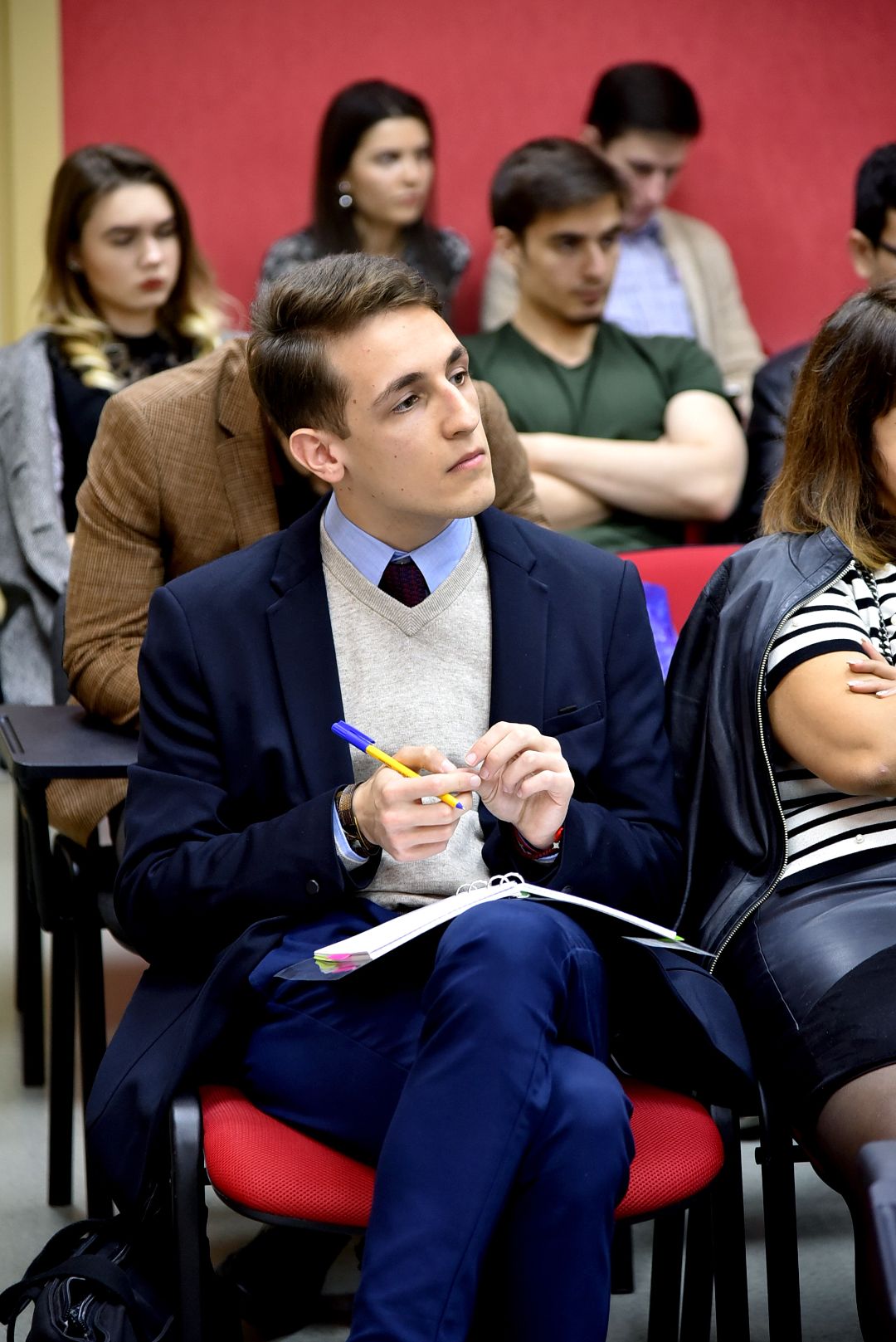
The Institute of International Relations
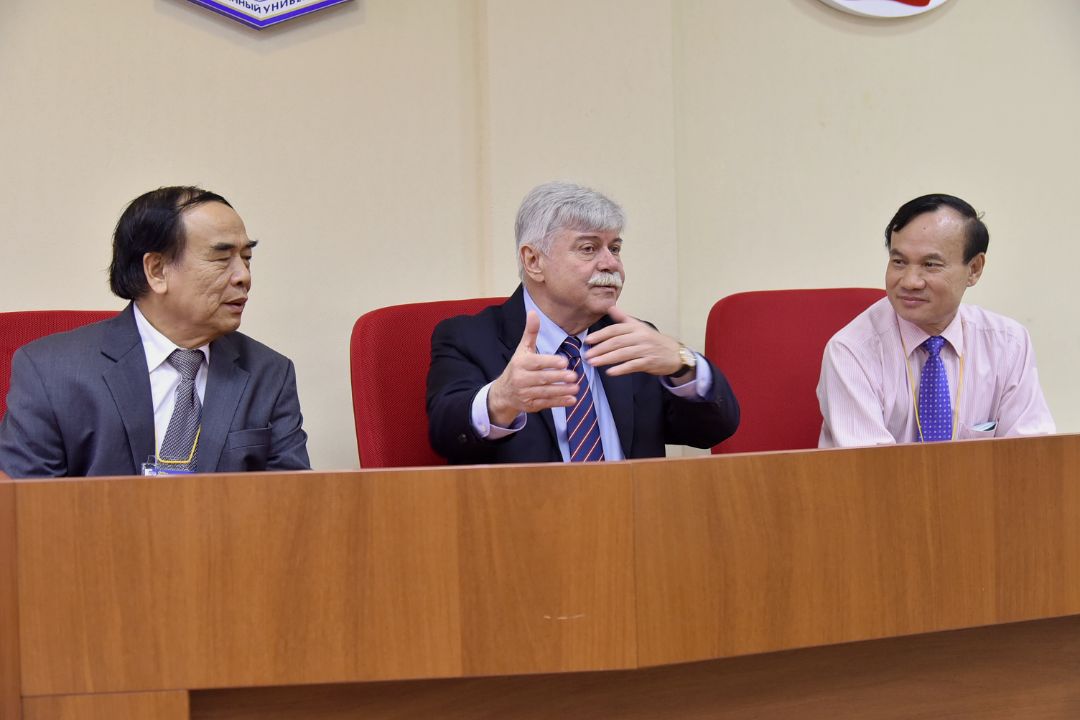
The Institute of International Relations
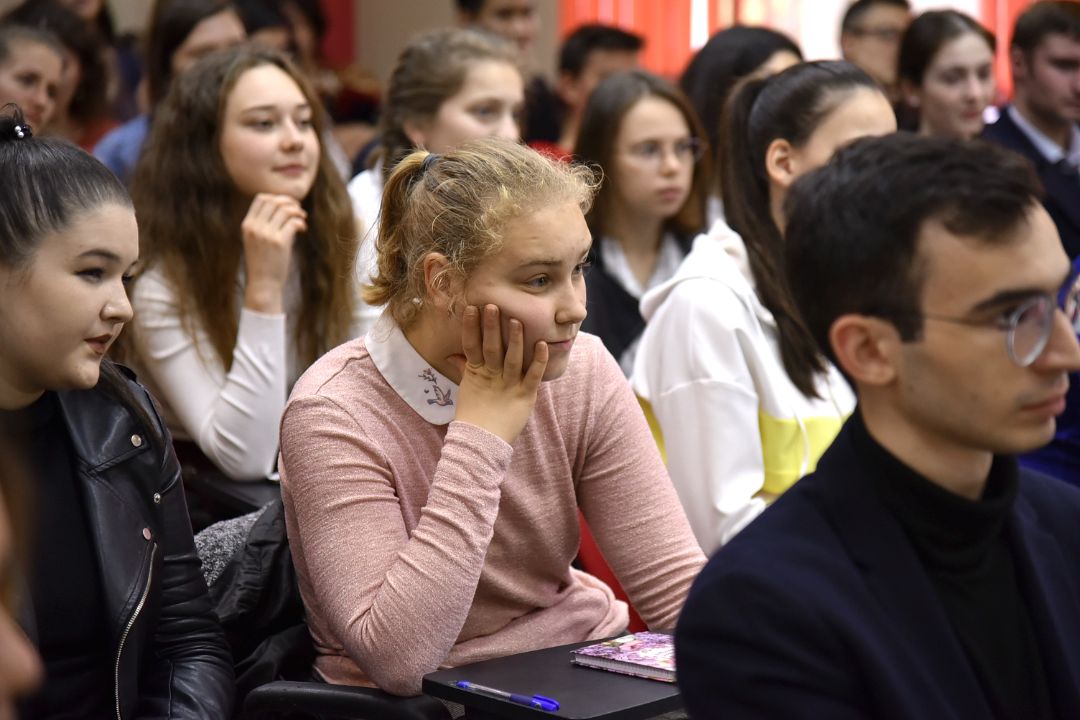
The Institute of International Relations
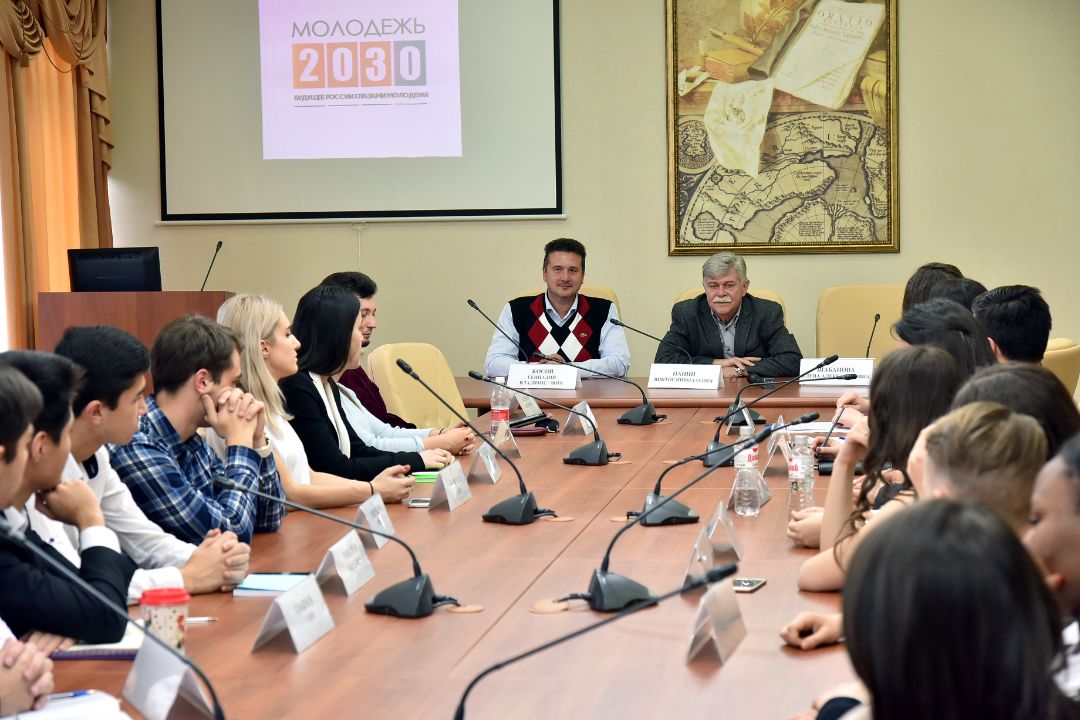
The Institute of International Relations
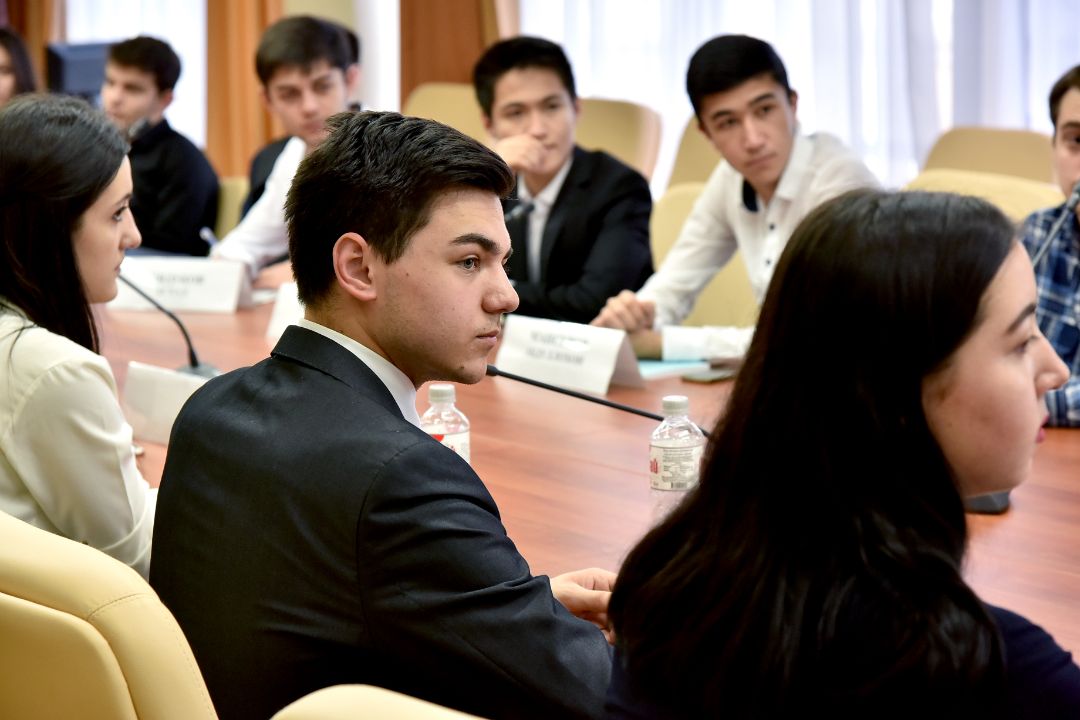
The Institute of International Relations
As well as other leading institutions in Russia and around the world, PSU constantly enlarges its share of master’s and postgraduate students.
Today, the university is implementing 41 innovative educational master's programs in 20 majors.
PhD degree programs offer research opportunities in 12 majors and 24 scientific specializations. About 200 postgraduates study at the university every year.
The scientific, pedagogic, and innovative potential of PSU is growing. There are 5 research institutes, 17 scientific and educational centers and laboratories, 26 basic scientific schools, 33 chairs, and PhD dissertational boards in philological, pedagogical (including foreign language teaching methodology), psychological, political, and international relationships.
The university develops more than 60 principal scientific areas; about 50–60 scientific conferences, including international, Russian, and regional-level congresses, are organized every year.
The scientific and innovative potential of the university comprises 800 people who belong to the human resources of the highest qualifications: scientists, teachers, postgraduates, and master’s students, among whom are more than 370 doctors, professors, candidates of sciences, associate professors, more than 20 academicians, and corresponding members of Russian and foreign academies.
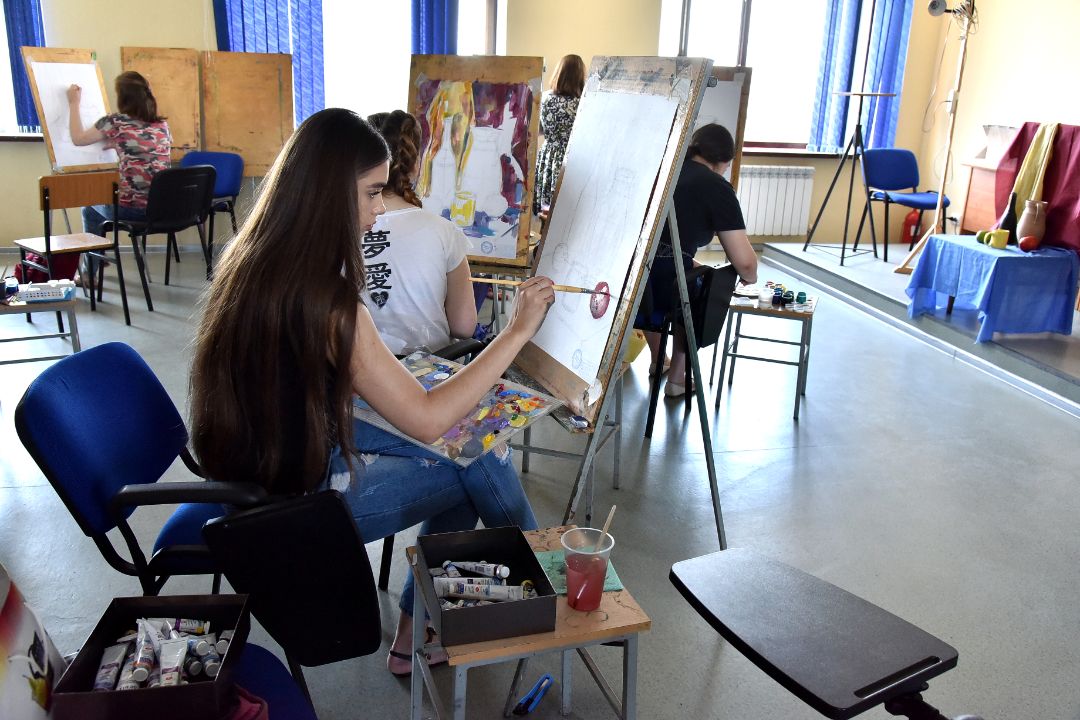
Higher School of Design and Architecture
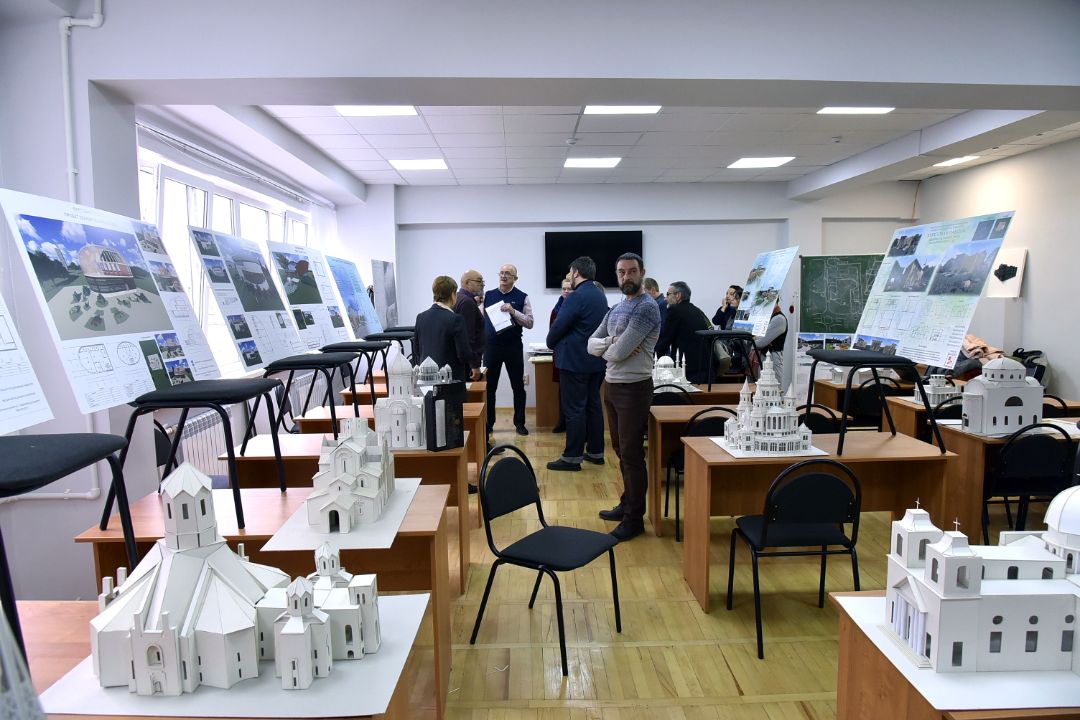
Higher School of Design and Architecture
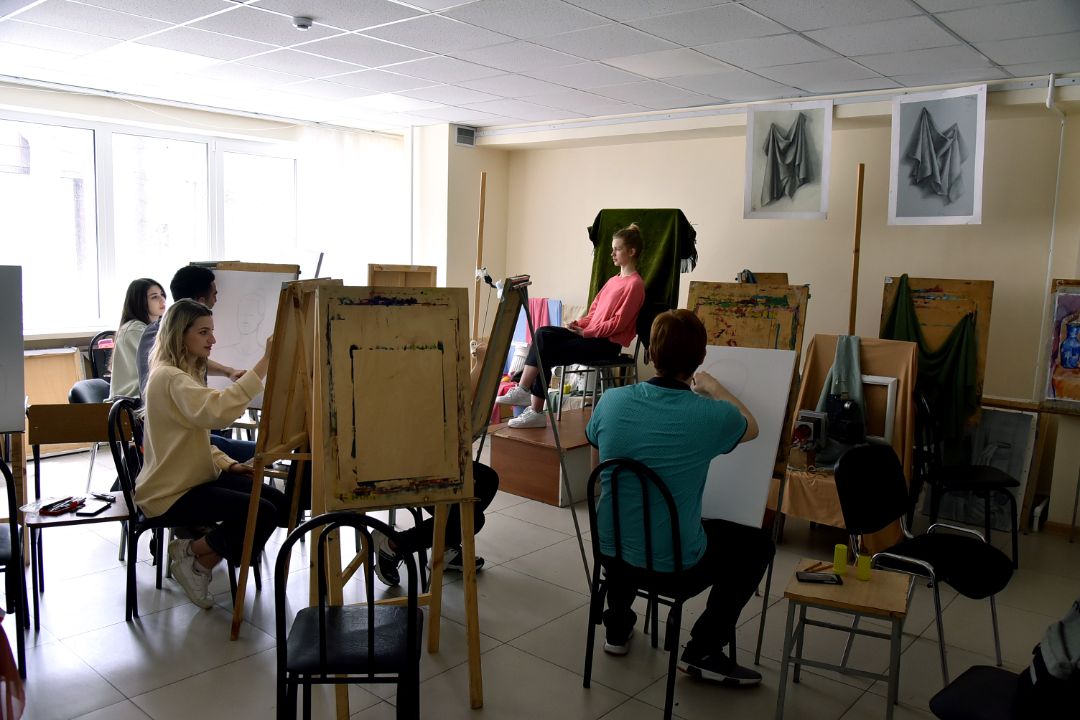
Higher School of Design and Architecture
Institutes and Higher Schools
The Institute of International Relations provides training for future diplomats, international journalists, media communication experts, advertisement and public relations specialists, conflict resolution specialists, and international economists with a wide range of western and oriental languages. For now, it teaches nine languages: English, French, Spanish, German, Greek, Turkish, Arabic, Chinese, and Hebrew. One of the largest international relations and international safety centers in the Russian South operates in the Institute.
The Institute of Romance and German Languages, Informational and Humanitarian Technologies includes German and English department, Spanish and English department, French and English department, which provides education for future foreign language teachers, and international communication experts in the field of internation tourism. It also has a deparment of informational and computer technologies, social technologies, sports and tourist management and innovatics.
The Institute of Translatology, Russian Studies, and Multilingualism offers eight foreign languages to learn: English, French, Spanish, German, Arabic, Chinese, Farsi, and Polish. The department of multilinguism is unique in offering the opportunity to learn four foreign languages (English, German, French, and Spanish). Creative writing department, the only department in the South of Russia for the literary translation prepares not only translators but also writers and poets. A program called “4+2” is very popular – the Institute recruit group of studnets who study double diploma programs at the Department of Oriental Languages (Chinese) with diplomas from PSU and Chanchung University of China.
The Institute includes a Department of Literature and Pedagogical Education with “Pushkin Institute” Center for Russian Language and Culture, amd Center of International Education, which combines conventional education with an internationally oriented approach, training specialists with profound knowledge of Russian language and literature, foreign languages and specific features of the intercultural communication in different regions of the world. A unique subject “Russian as Foreign Language,” the significance of which has risen due to the international weight of Russia, allows graduates to teach Russian abroad, since students do also know English and other languages. It is also possible to learn Polish and oriental languages there. In 2010, a new major of Lingoucriminalistics was introduced.
The Institute of Foreign Languages and International Tourism, which includes departments of foreign languages, customs, international tourism, and hospitality, as well as a department of linguistics and informational technologies, apart from English, provides courses in French, German, Spanish, and Italian languages, along with competencies in the fields of international service, tourism, and international communication in customs work. There are also opportunities to study Portuguese and Oriental languages. The Institute trains unique human resources, specialists in theoretical and practical linguistics, and intellectual systems in a humanitarian field who are able to combine linguistics, math, and informatics, as well as international communication experts in the fields of commerce and communication management.
Institute of Foreign Languages and International Tourism
Institute of Foreign Languages and International Tourism
Institute of Foreign Languages and International Tourism
The Judicial Institute implements four bachelor’s programs: state law, international law, civil law, criminal law, and forensics. The Institute also implements an educational program for secondary vocational education called “Law and Social Security Organization." The educational process is organized considering the demands of employers and is guided by practical skill acquisition. Experts from governmental bodies, local authorities, notary offices, judicial bodies, and law enforcement bodies are invited to give lessons.
The Higher School of Design and Architecture offers education in bachelor’s design, architecture, and arts-and-crafts programs. The higher school’s goal is to train high-qualified specialists who are able to harmonically transform the environment. HSDA students receive professional education with a high level of architecture design, from the project sketch to the material implementation. The scientific activity of students is linked with real-world applied research, participation in different seminars and conferences, as well as specialized journal publications.
The Institute of Distant Education, Information Technologies, and Online Projects organizes extra-mural distant education in the PSU environment via the Internet to let people combine it with their basic occupation, providing students’ presence at the university by means of modern informational and communicational technologies. Distant education at PSU gives students the possibility to determine their individual schedule and education pace within semesters, to maintain constant individual contact with a tutor or university, and to receive specialists’ advice at any time. If students do not have the technical means to connect to their distant class, PSU provides computer classes. The Institute of Distant Education, Information Technologies, and Online Projects also grants higher education opportunities together with intramural education at PSU or any other higher school in Russia or the world. Enrollment is carried out twice a year, in summer and winter.
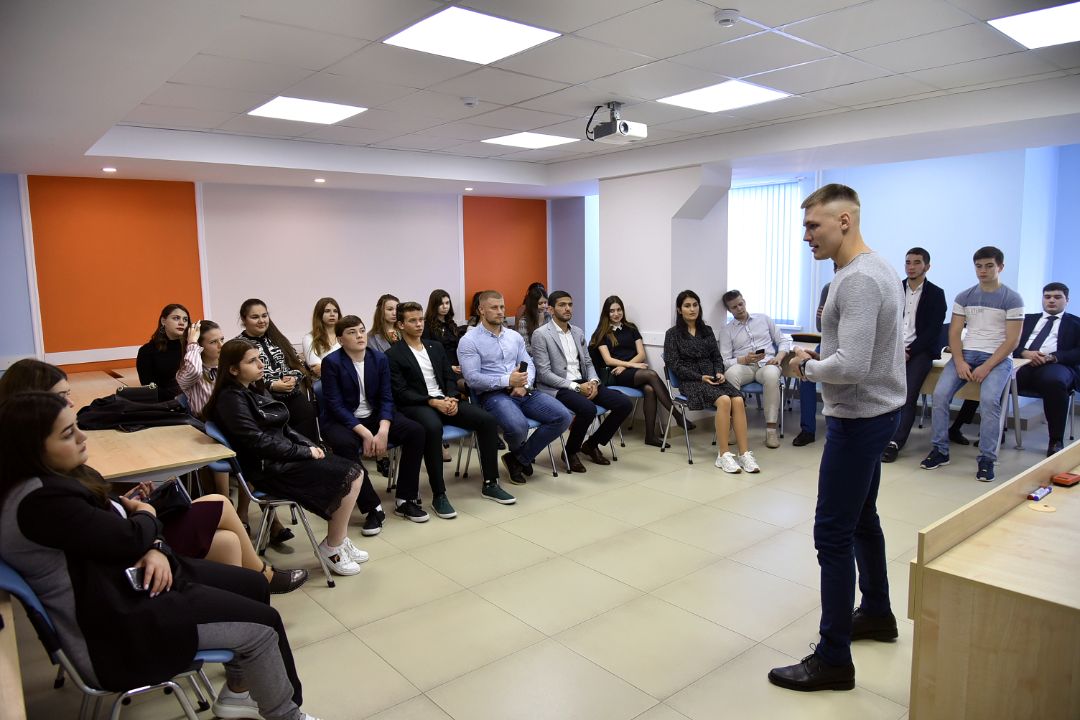
Higher School of Management
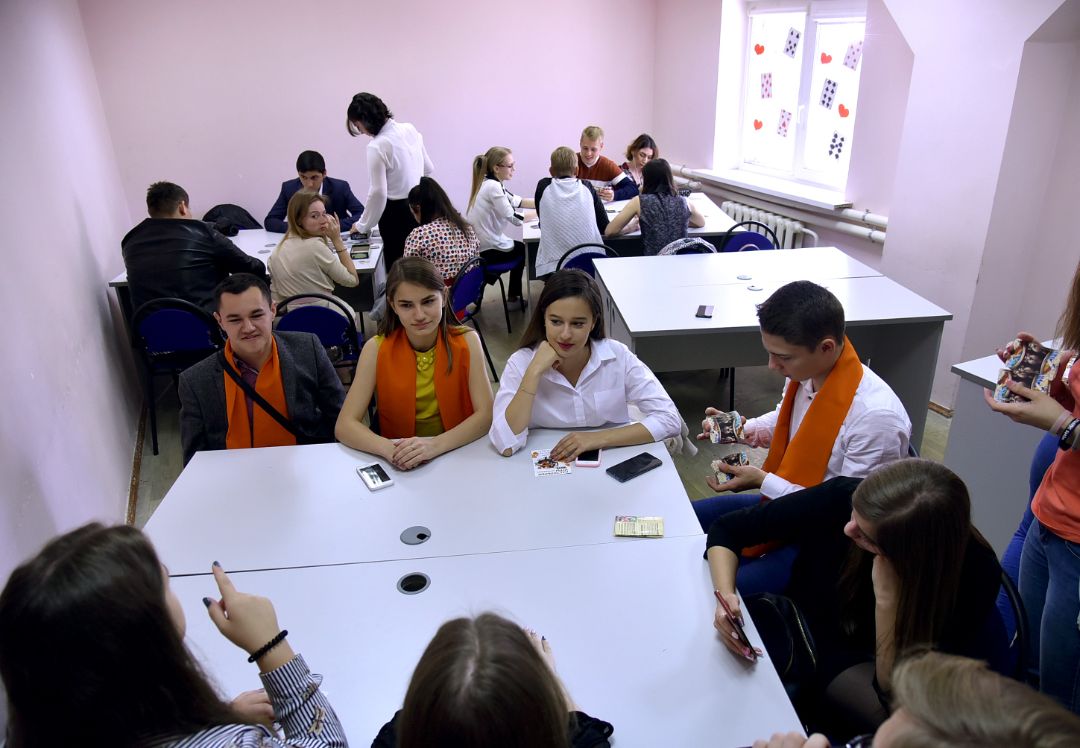
Higher School of Management
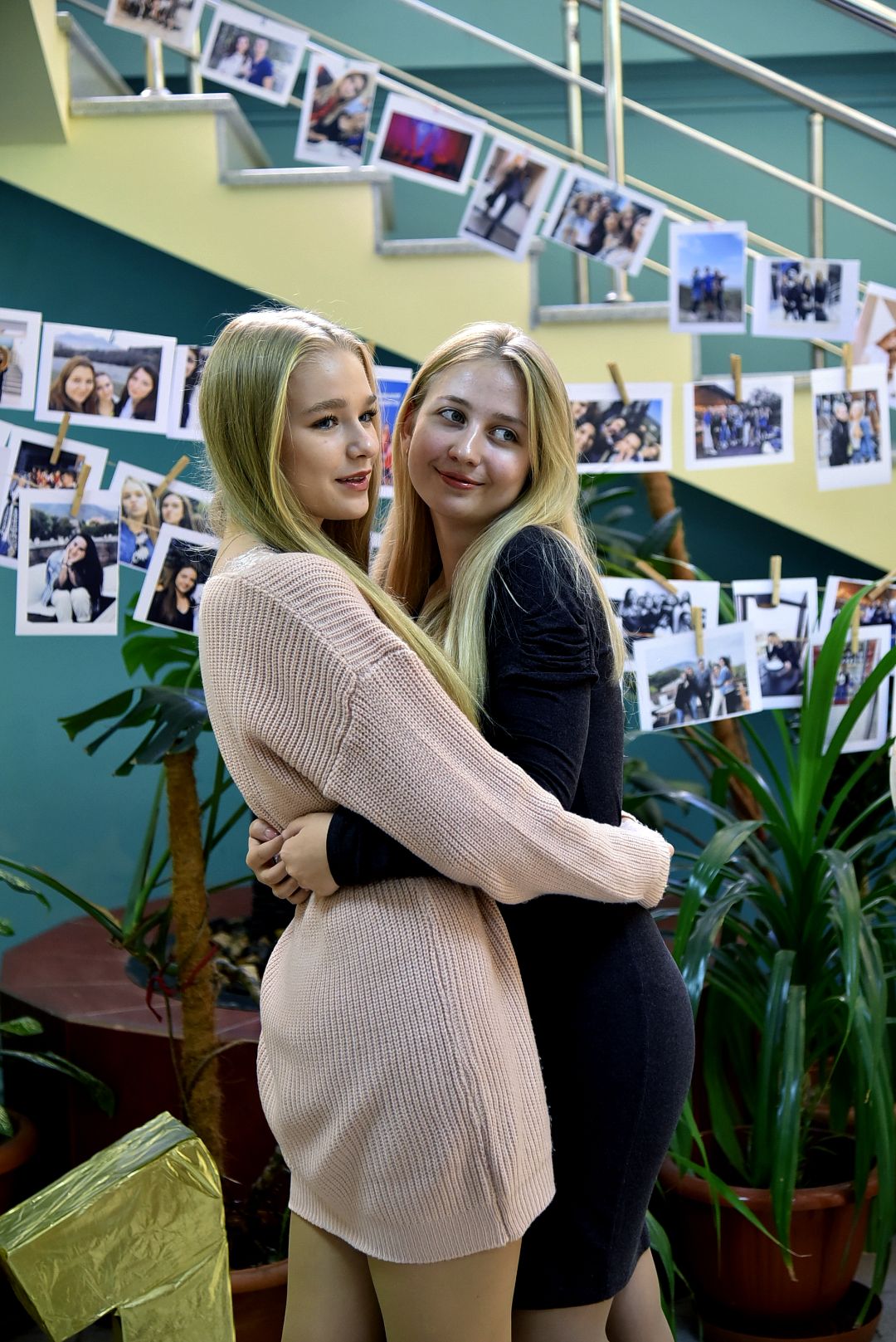
Higher School of Management
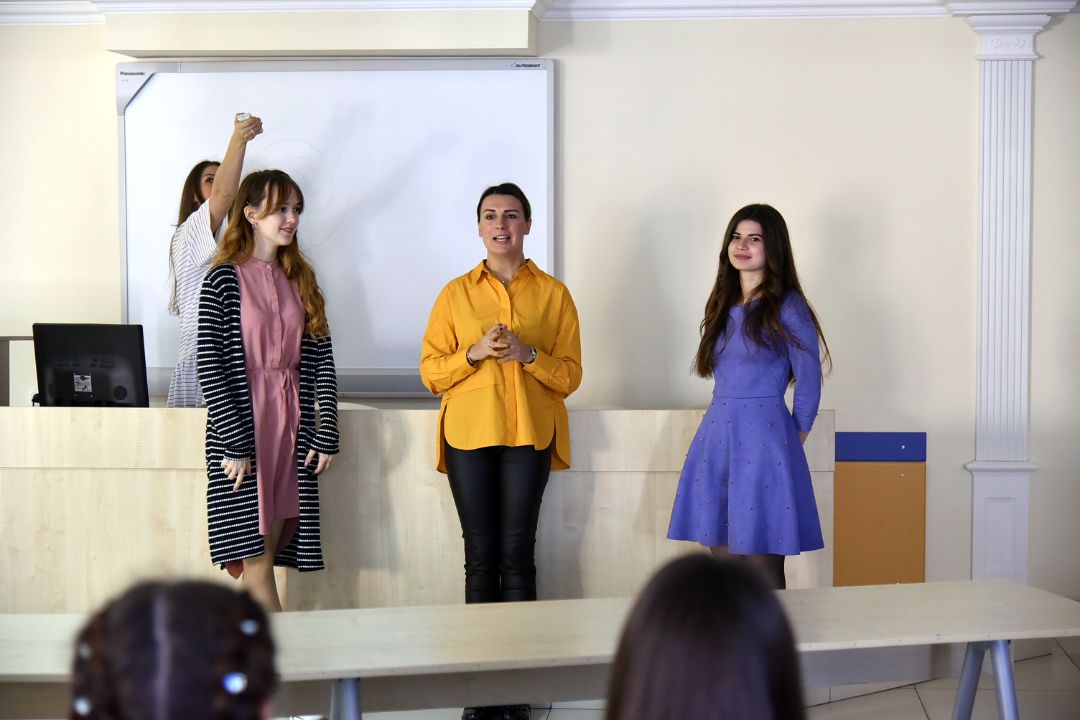
Higher School of Management
The university offers a wide system of additional education, including pre-university and post-university education.
The Multilevel Innovative Life-long Learning Academy is a unique department of PSU that combines educational and scientific functions and offers more than 200 additional training courses.
The Institute of Additional Training and Professional Competence Level Upgrade is a massive regional center for advanced training as well as scientific and methodological work in the south of Russia.
Business School is the only school in the region that offers modern and systematic business education in “enterprise management“ and “personal management.”
The Institute of Government-Confession Relations provides training for different levels of experts in the field of state, confessional, and interconfessional relations, including profound knowledge of Islam for organizational and administrative, representative and intermediary, expert and consult, scientific, and analytic activity.
Since 2013, the Center of Pre-Institution Education, Profession-Guided, and Adaptation Technologies—Preparatory Department has been an independent PSU subdivision, created in accordance with a concept of necessity for new forms of pre-institution education development, as a constituent part of the PSU lifelong education system. Today, one of the principal directions of the Center activity is the training of high school students for standard exams, profession orientation work, and psychological advice. Apart from that, workers at the centers constantly provide methodic help for school teachers and work with school students’ parents to talk about new trends in Russian education. More than 200 high school students visit trainings in the Preparatory Department of PSU every year.
The Judicial Clinic is a structural subdivision of the university that provides a program of practical judicial training at all levels of education.
Innovations
In 2011, the university approved a new complex of strategy documents, "STRATEGY-2020 PSLU," which correlates with the general strategy of the development of the Russian state and society for the next decade. The program for the strategic development of the university for 2012–2016 has also been confirmed and implemented. “Profi-Soci-Lingva 2012-2016”: The formation of the leading university, scientific, educational, and innovative center of the international level in the social and humanitarian sphere on the territory of the Stavropol Region and the North Caucasus by means of integration of science, education, innovative entrepreneurship, youth’s projects, volunteerism, and service activity.
In 2016, the work on a new strategic development program started.
In 2007, on the initiative of A.P. Gorbunov, the Rector of the University, PSLU started the creation of a new infrastructure for innovative activity. The Scholar Counsel adopted a normative model of the development of the university as an innovative structure, operating in a system of creative economy on the basis of intellectual property management.
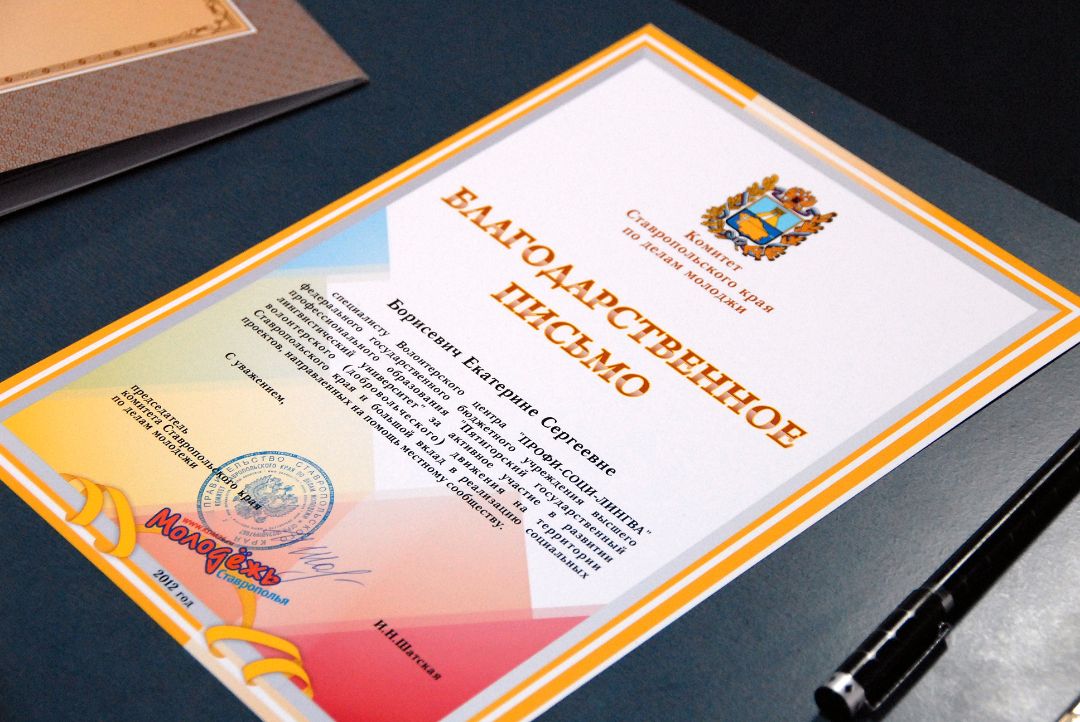
“Profi-Soci-Lingva 2012"
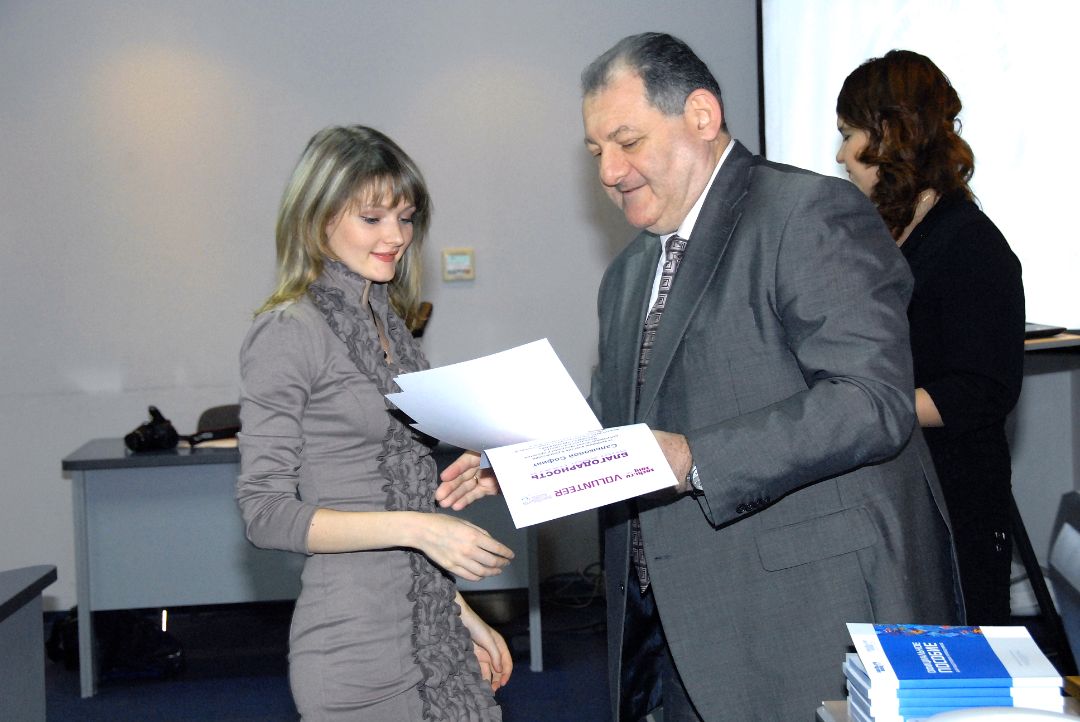
“Profi-Soci-Lingva 2012"
In the 2008–2009 academic year, declared a year of methodical innovations, the university launched a “Development and Implementation of System Innovative and Educational Technologies” strategic program. The university started creating and implementing a complex of advanced means and methods of teaching, including the formation of a virtual educational environment for the university, by means of which the teaching process became more interesting and efficient.
International Cooperation
Pyatigorsk State University is an acknowledged center of peacebuilding in the North Caucasus; the university is oriented toward the resolution of the region’s social problems. In 1996, the university scientists initiated the “Pease Through Languages, Education, and Culture” program. Within its framework, the university held seven international congresses, which influenced the situation in the North Caucasus a lot. VI Congress (October 2010) had a special, wider format: Russia—Greater Caucasus—International Community.
The university has created an extensive network of Languages and Culture Centers performing educational, research, and cultural functions. There is the Anglistics and American Studies Center, the Center of Francophonie, the Hispanic Studies Center, the German Language and Culture Center, the Italian Language and Culture Center, the Arabic Language, the Islamic Studies and Culture Center, the Chinese Language and Culture Center, the Hebrew and Israeli Culture Center, the Armenian Language and Culture Center, the Greek Language and Culture Center, the Center of the North Caucasus Languages and Cultures, the Center of Polish Language and Culture, the Center of Turkish Languages and Cultures, the Center of Portuguese Language and Culture of Portugal and Brazil, and the Center of Bulgarian Language and Culture.
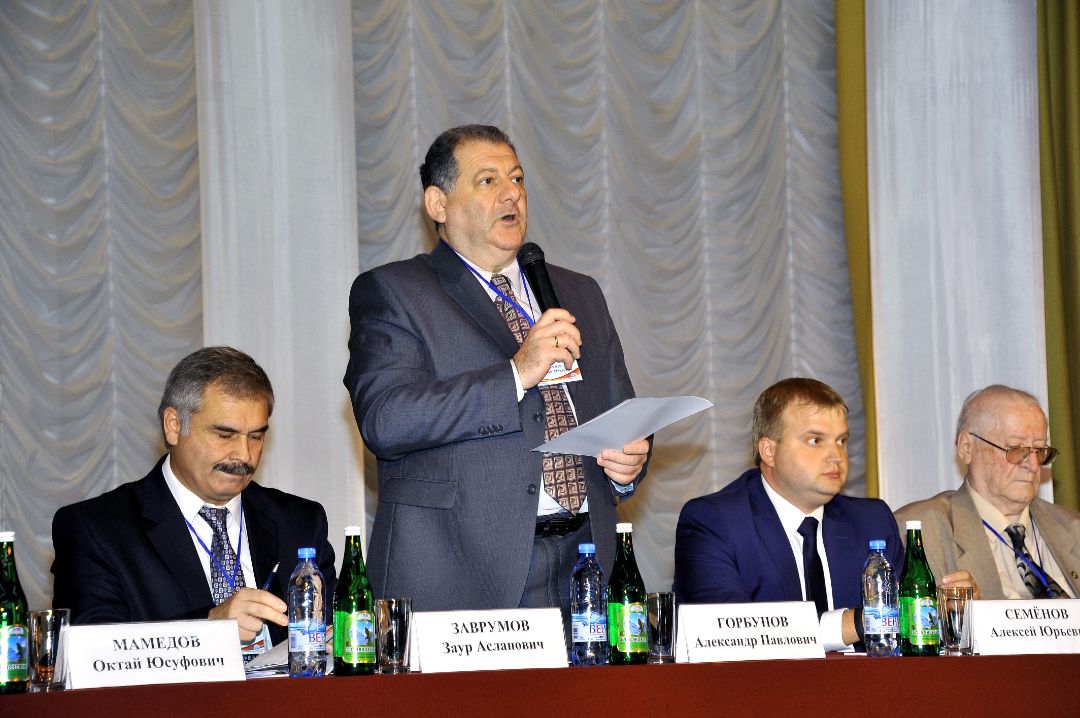
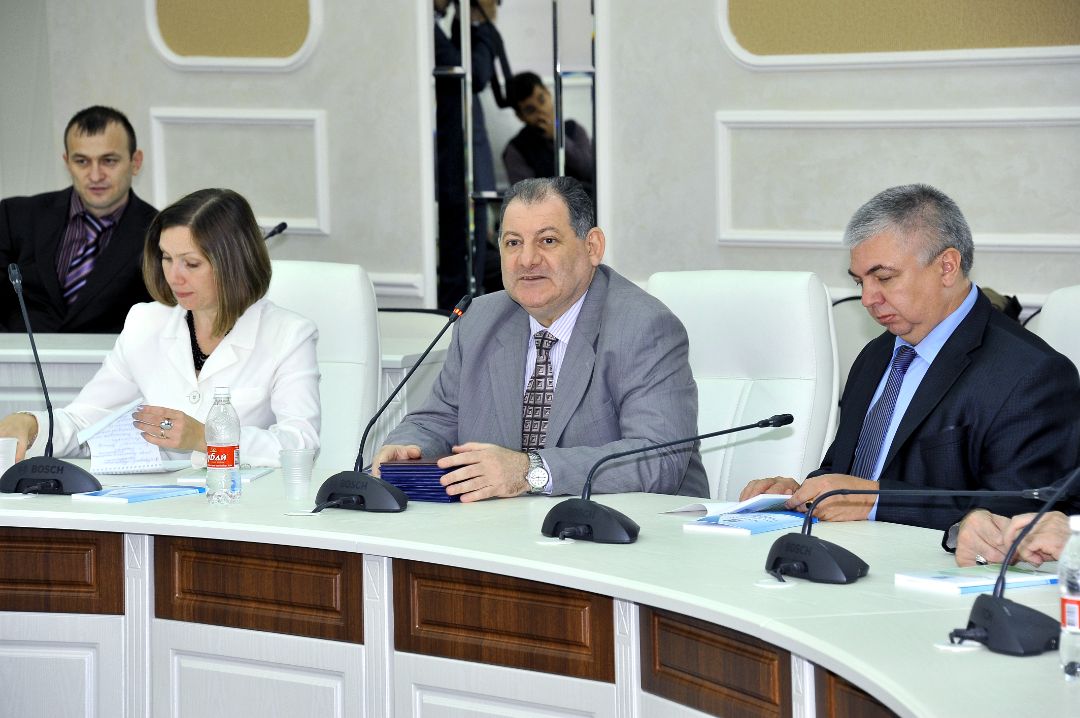
PSU's international connections cover almost all regions of the world: the North and South Americas, Western and Eastern Europe, the Middle East, Asia, and Africa.
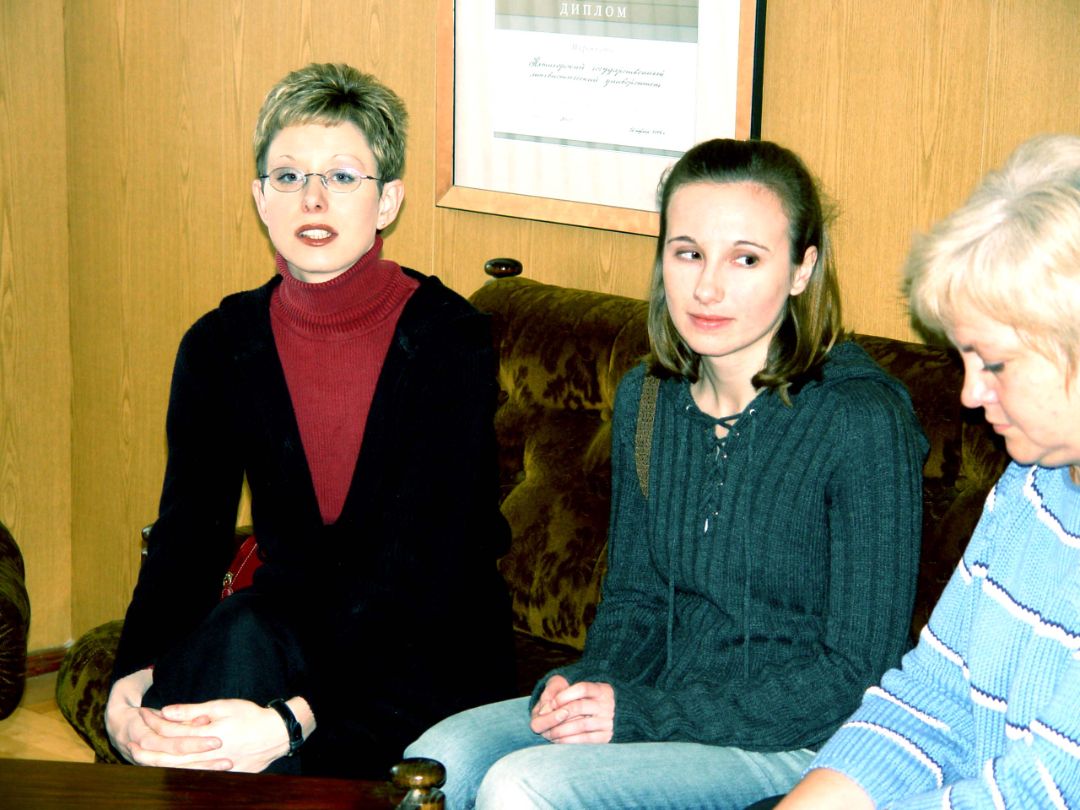
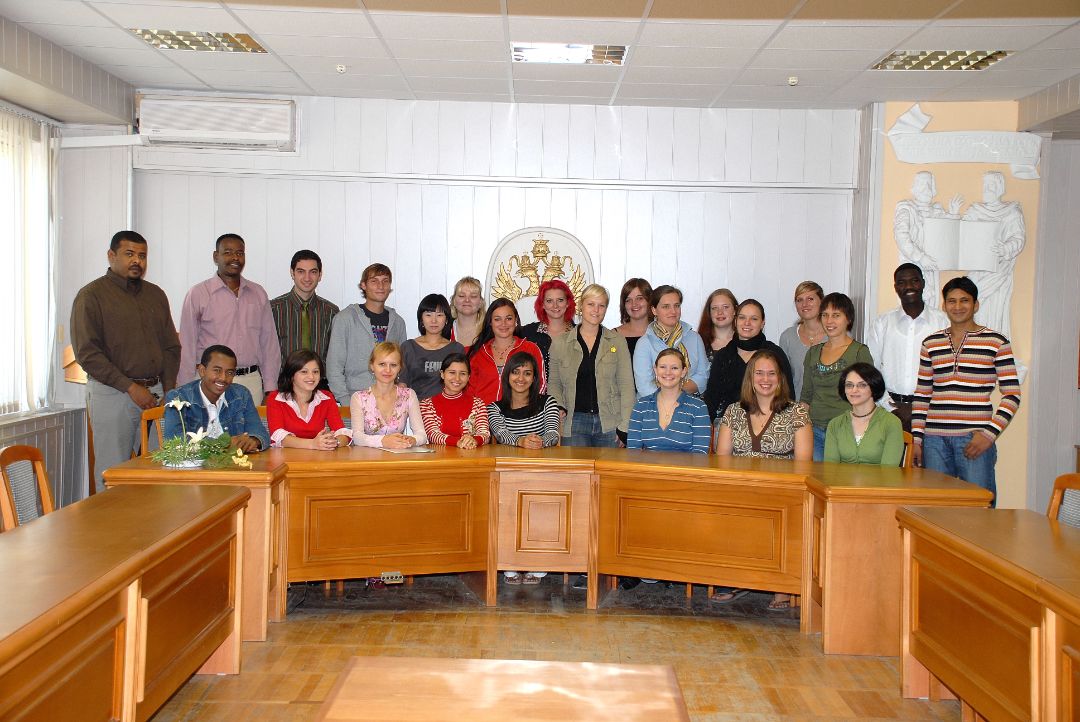
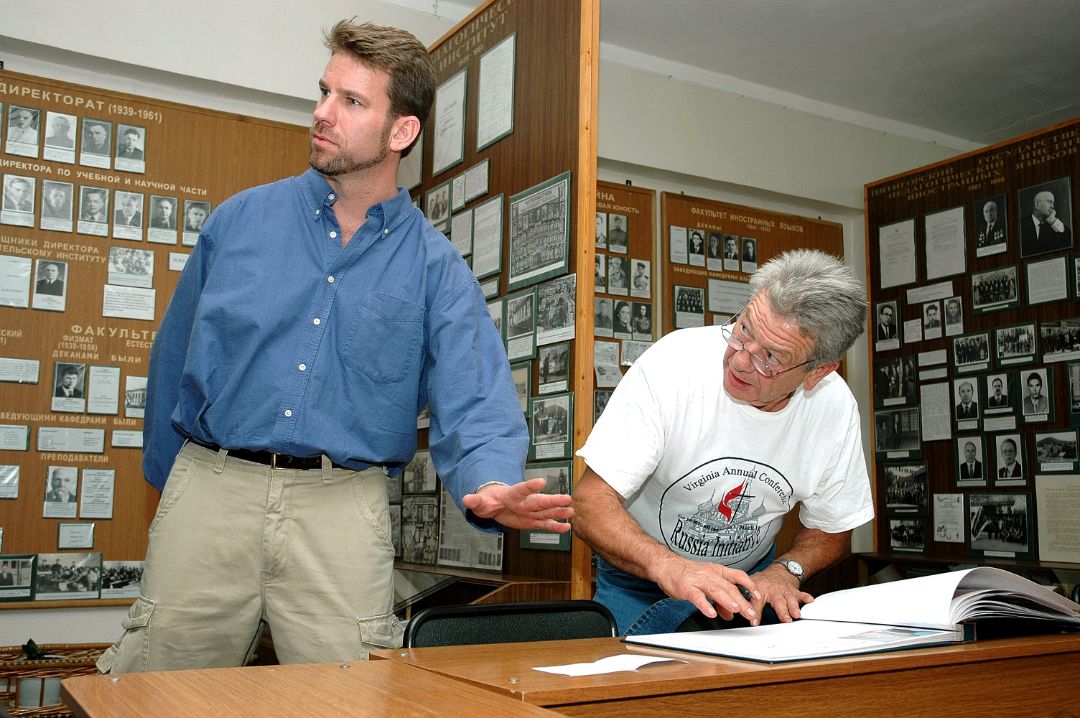
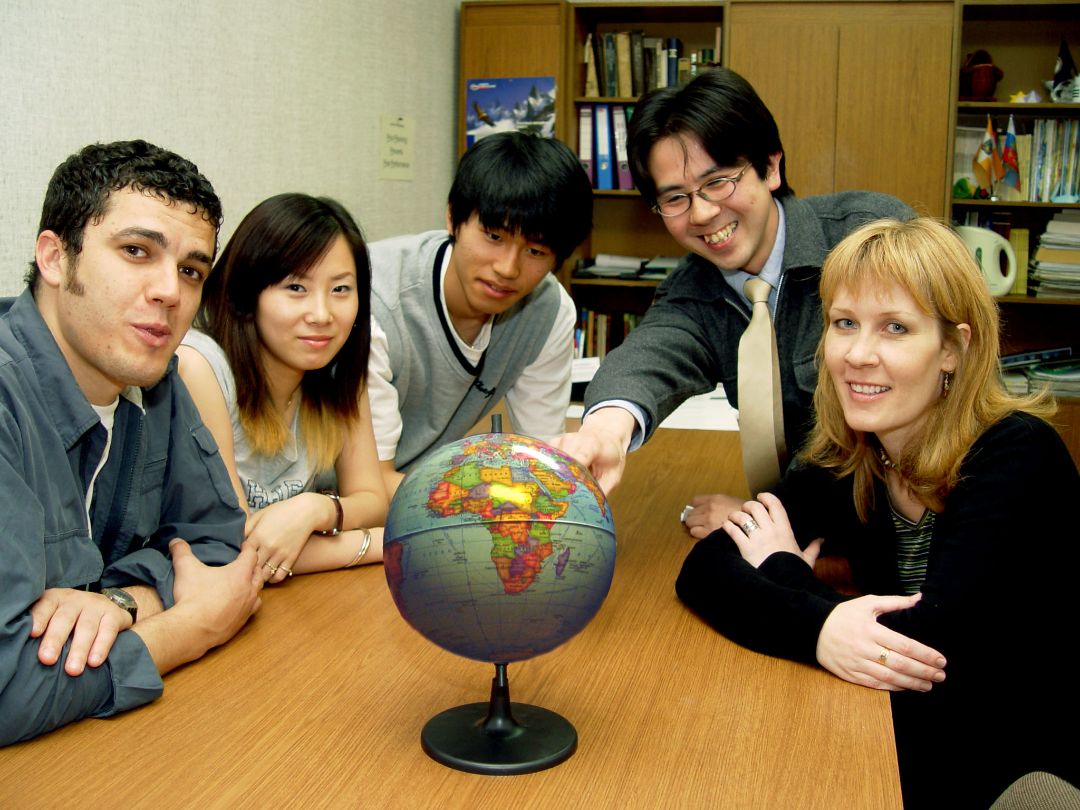
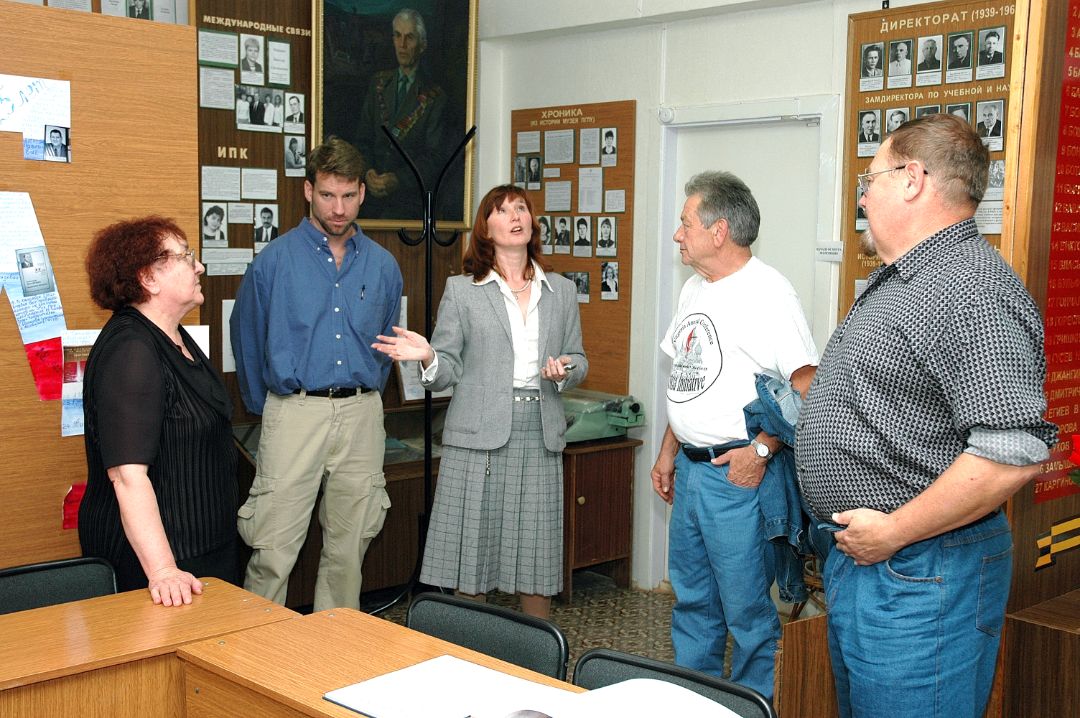
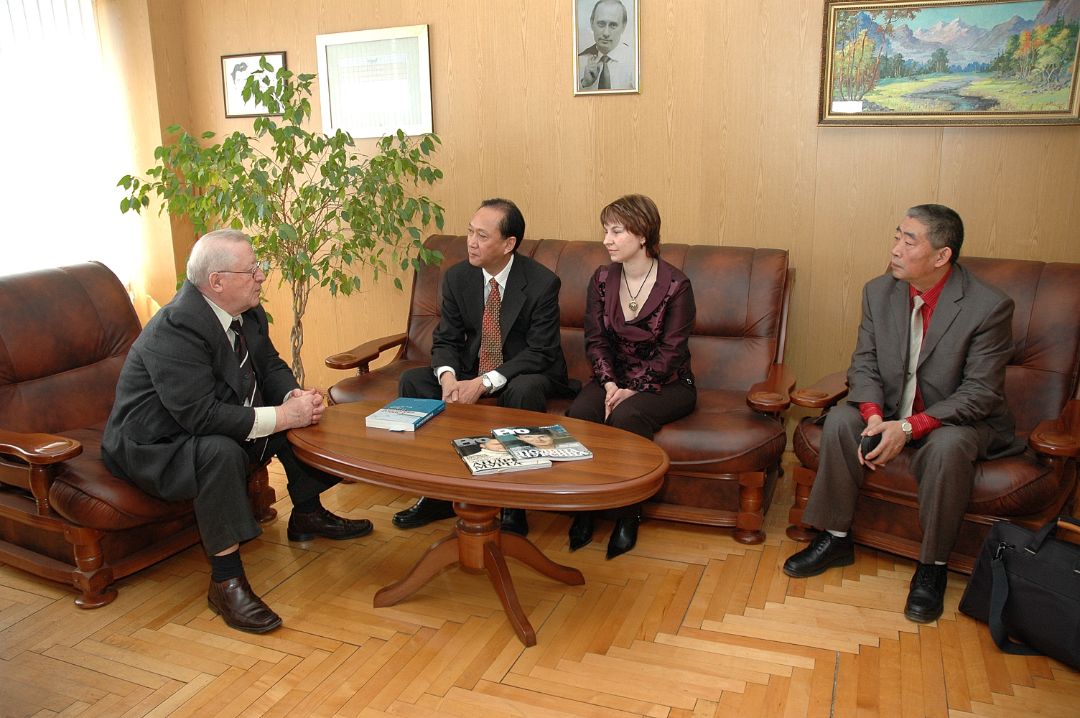
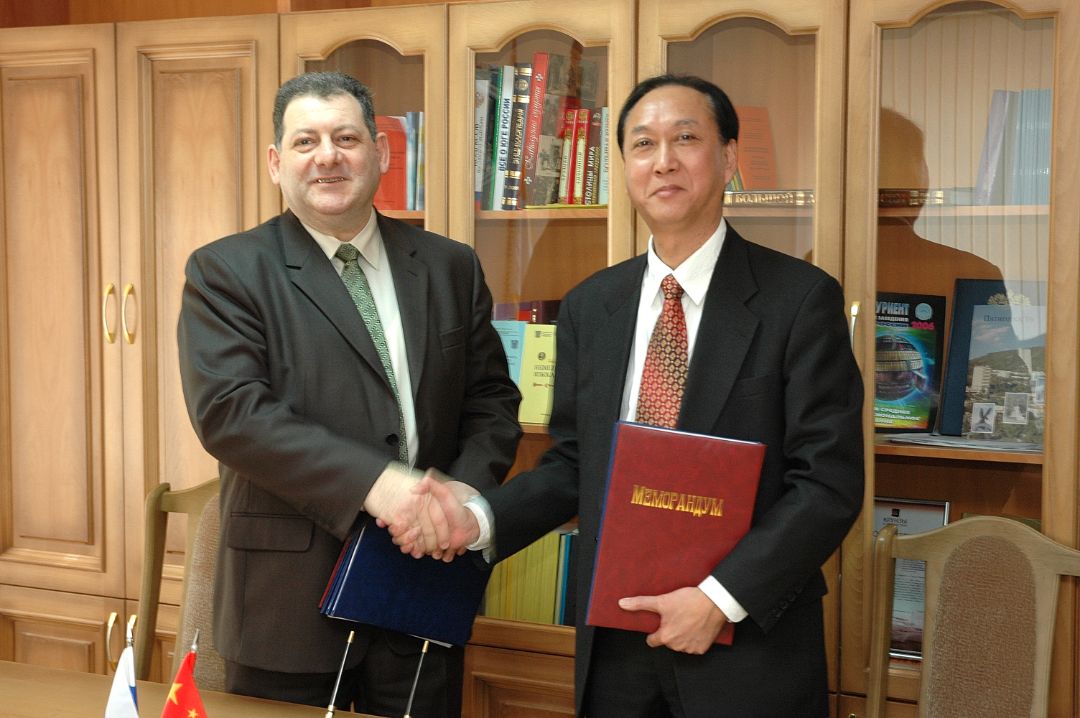
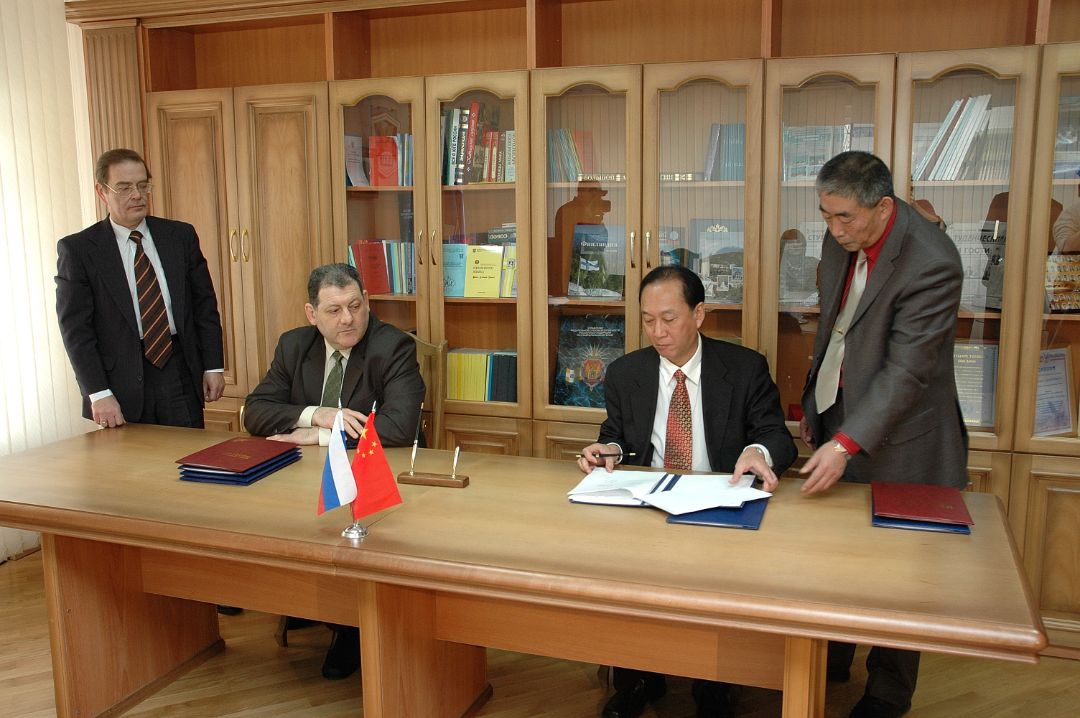
In total, Pyatigorsk University offers today 24 foreign languages (including western, eastern, trans-Caucasian, and North-Caucasian): English (British and American variants), French, German, Spanish, Italian, Portuguese, Polish, Greek, Arabic, Chinese, Turkish, Hebrew, Japanese, Korean, Farsi, Armenian, Azerbaijani, Georgian, Kabardian-Circassian, Karachai-Balkarian, Ossetic, Chechen, and Russian, also as foreign.
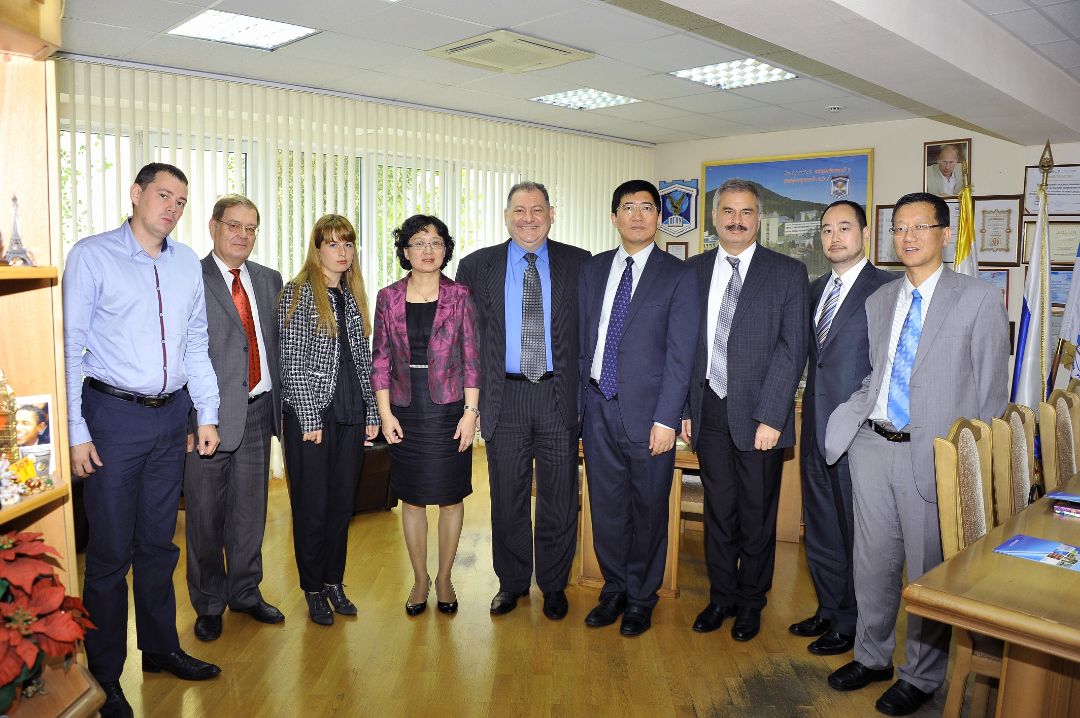
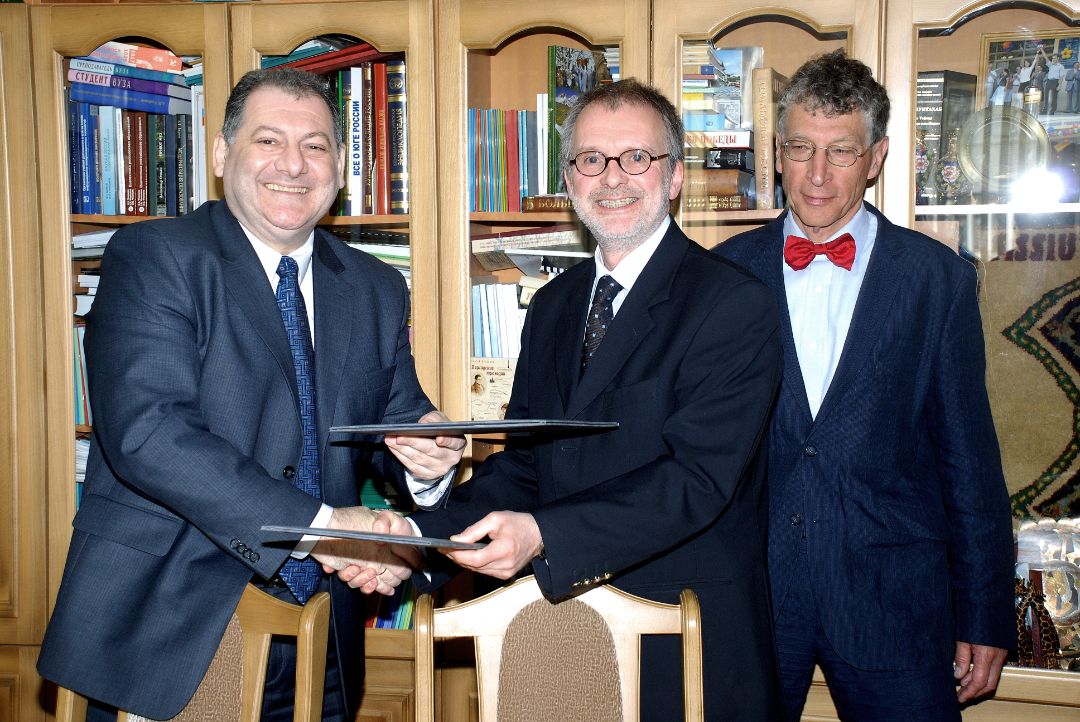
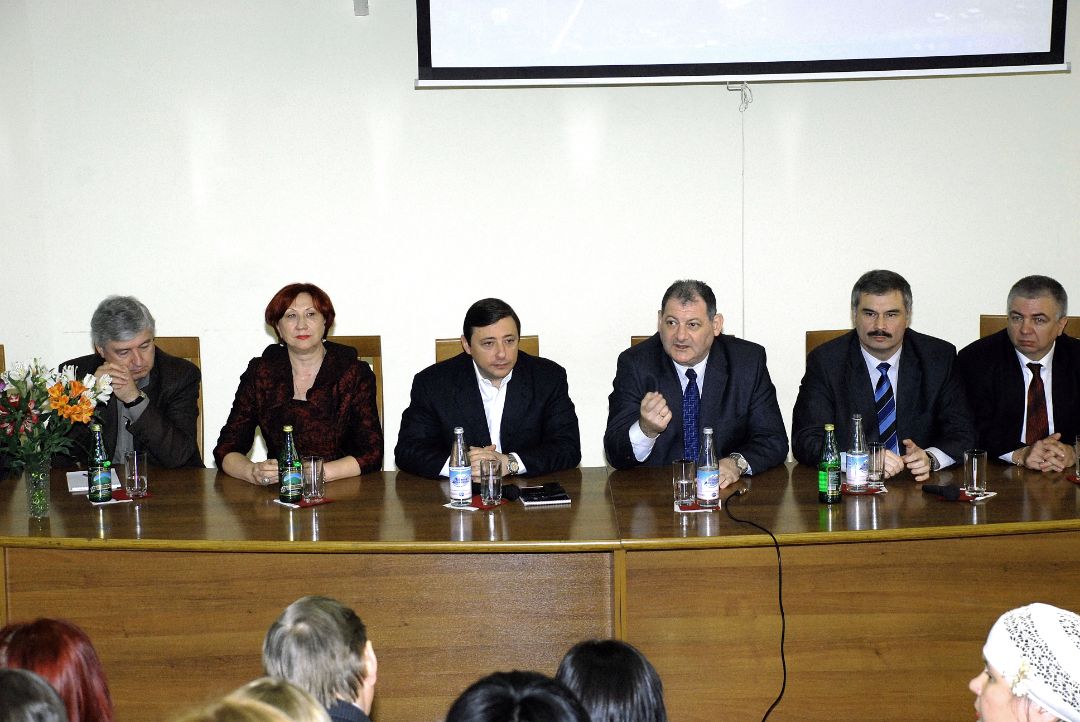
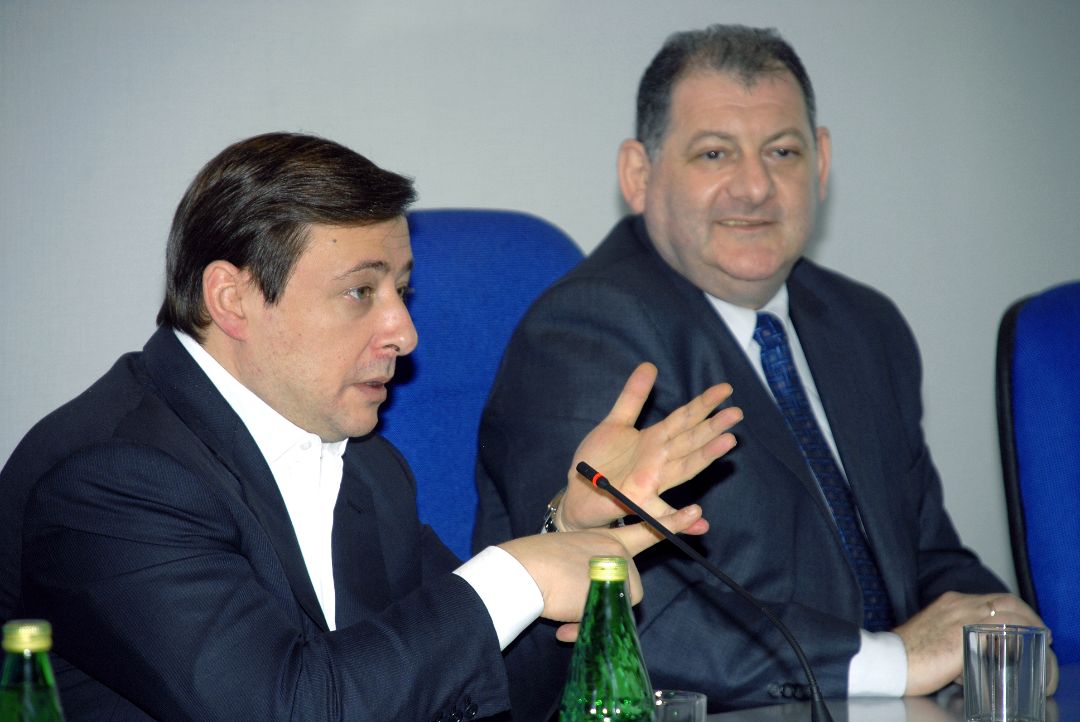
All this allows the strengthening of the PSU function as the center of language and cultural diversity and a spot for the interaction of the state with civil society, the unity force of different nationalities, ethnic groups, and religious confessions.
PSU is widely known in the country as well as abroad for the quality of its education. In October 2007, the all-Russian “Parlamentsky Chas” TV program showed a plot about PSU, which mentioned the activity of the university as the training of world-class experts. In May 2008, the all-Russian Rektor Vuza (University Rector) journal published information about PSU as an innovative HEI, including the cover page. The all-Russian journal Studenchestvo. Dialogi o Vospitanii (Studentship. Dialogs about Education) published the whole range of materials about the system of social competence formation in PSU, as well as the materials about the HEI, the high quality of its educational programs, scientific research, and creative people formation.
In December 2014, the regional TV channel "Rossiya-Kultura" and in December 2015, SIMPEKS-STS and TNT-SIF started to show the PSU’s news program called "Informat,” made by the University Media Center staff. Stavropol Krai and nearby republics get to know new information about the university events.
Sport and Leisure
How great it is to be young when life is so happy and interesting... Spending your student years with peers is a great piece of luck. Quite a variable system of social and off-class activities is in action here, along with the efficient social safety support of the students, teaching staff, and personnel. There are excellent opportunities to evince and develop one’s creative skills and talents; various concerts, festival shows, and theatricals enrich our lifestyle.
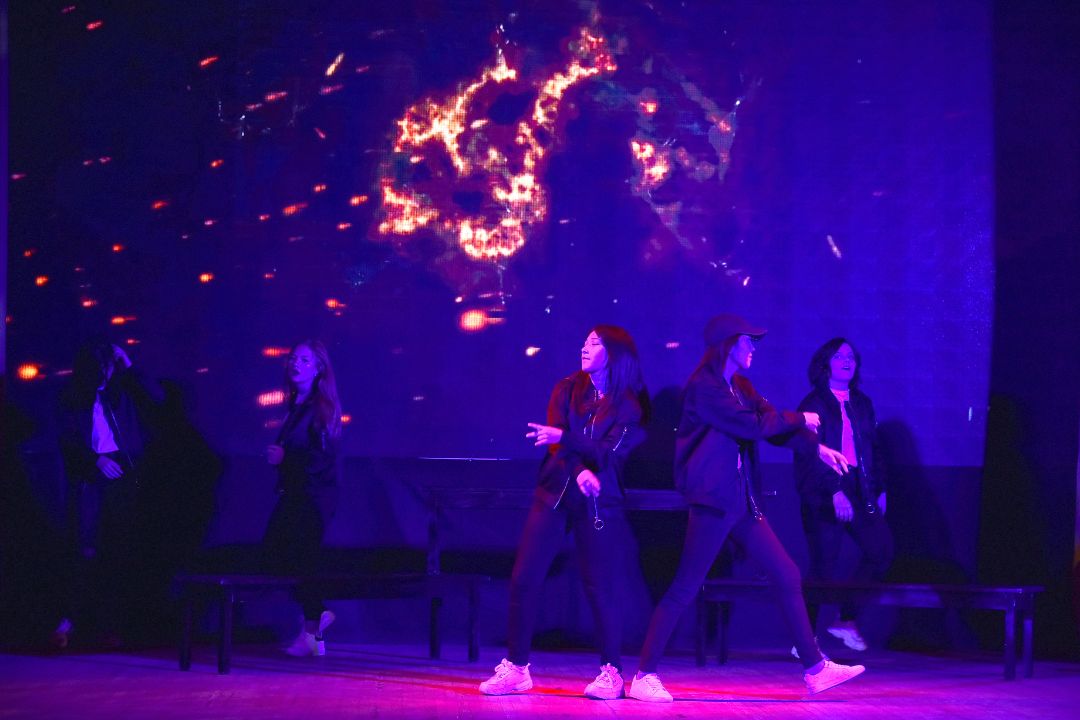

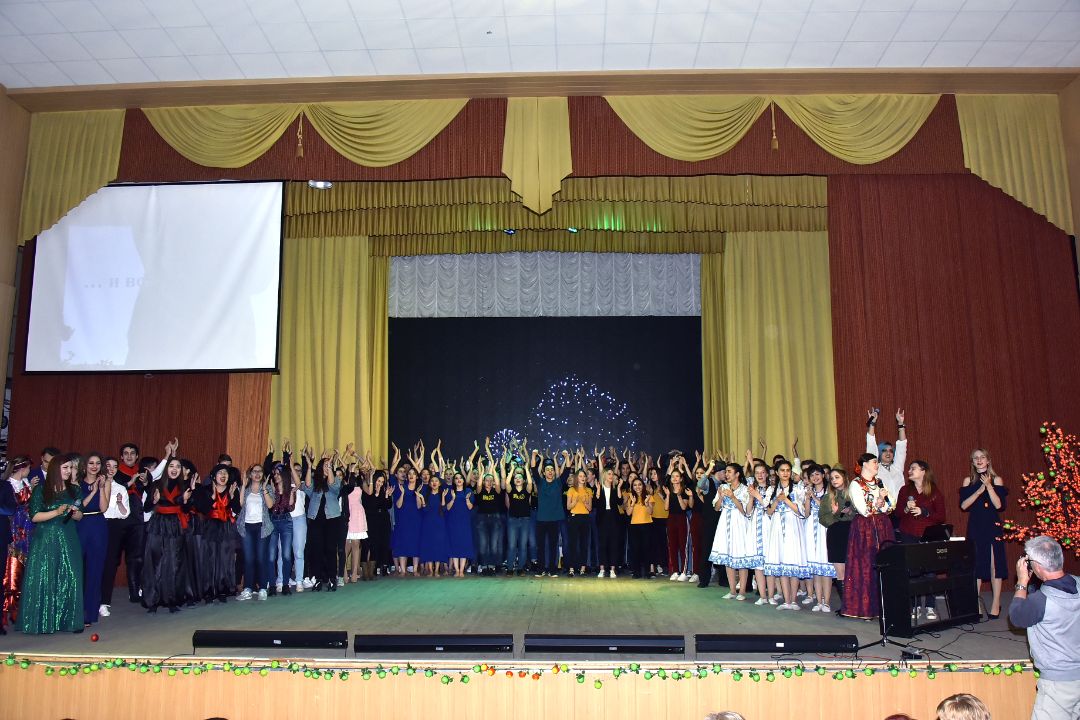
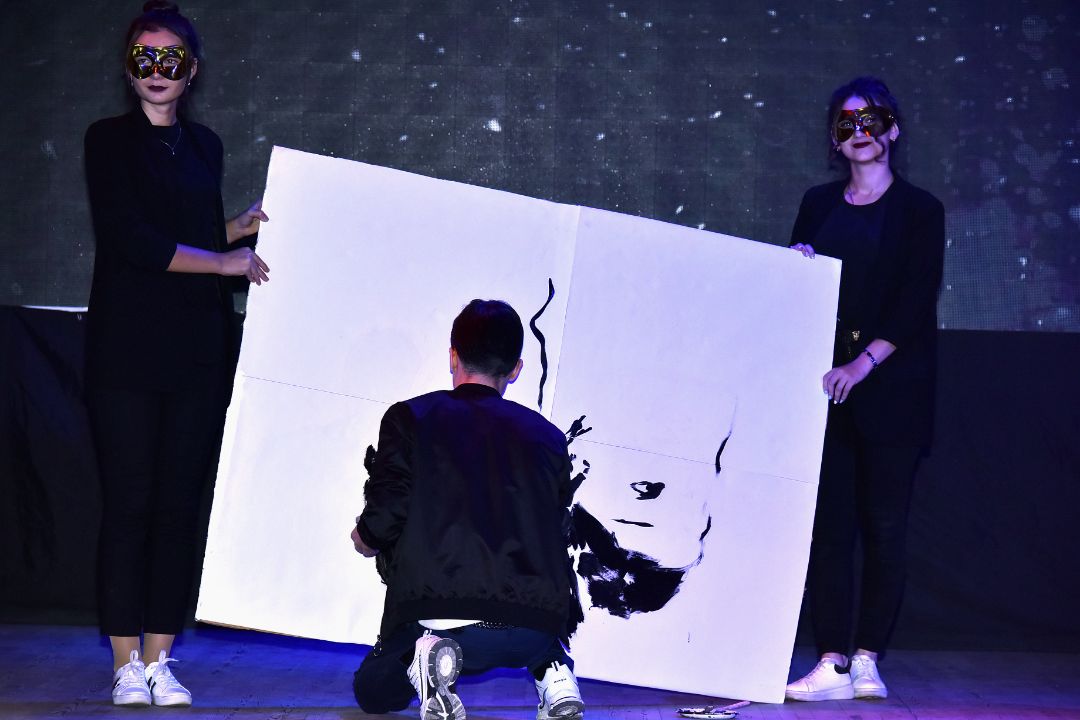
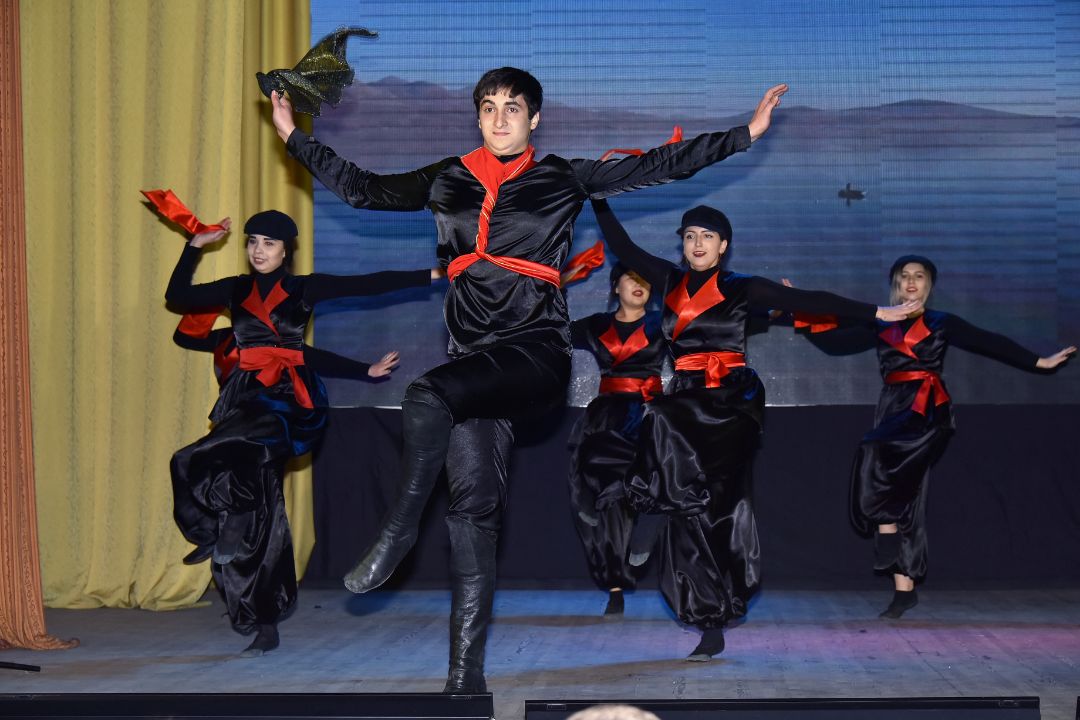
Sport is a very important part of students’ lives. To be a sportsman means to follow a healthy lifestyle and train a strong character and iron will. An athlete at PSU has an honorary title.
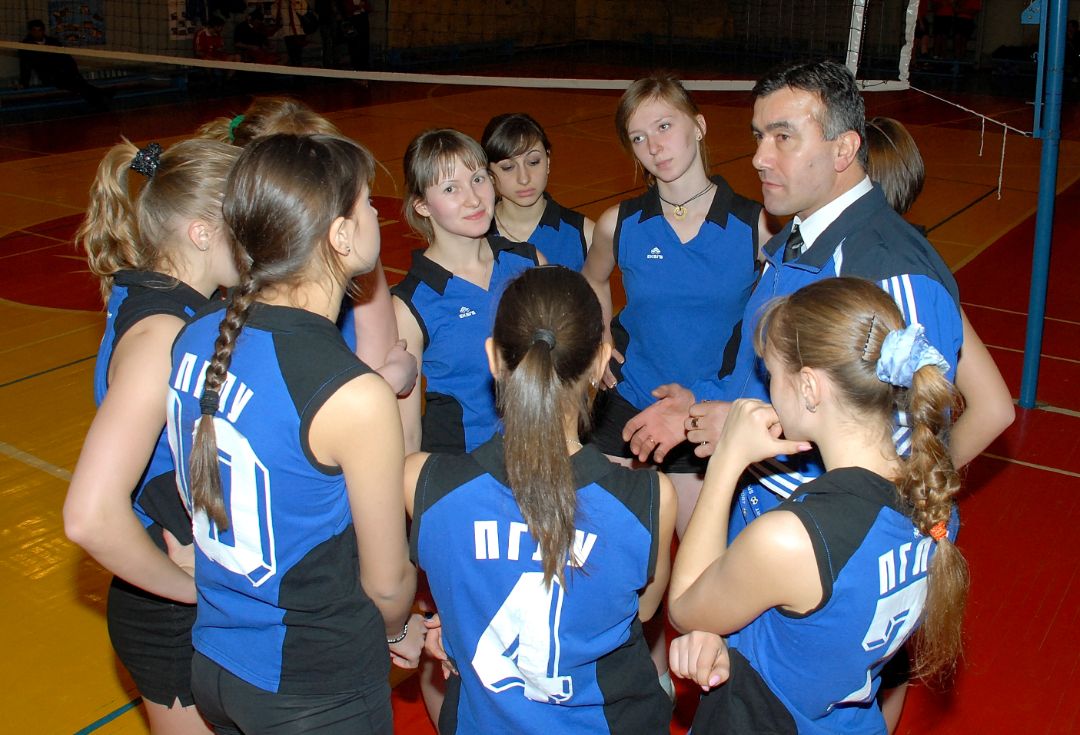
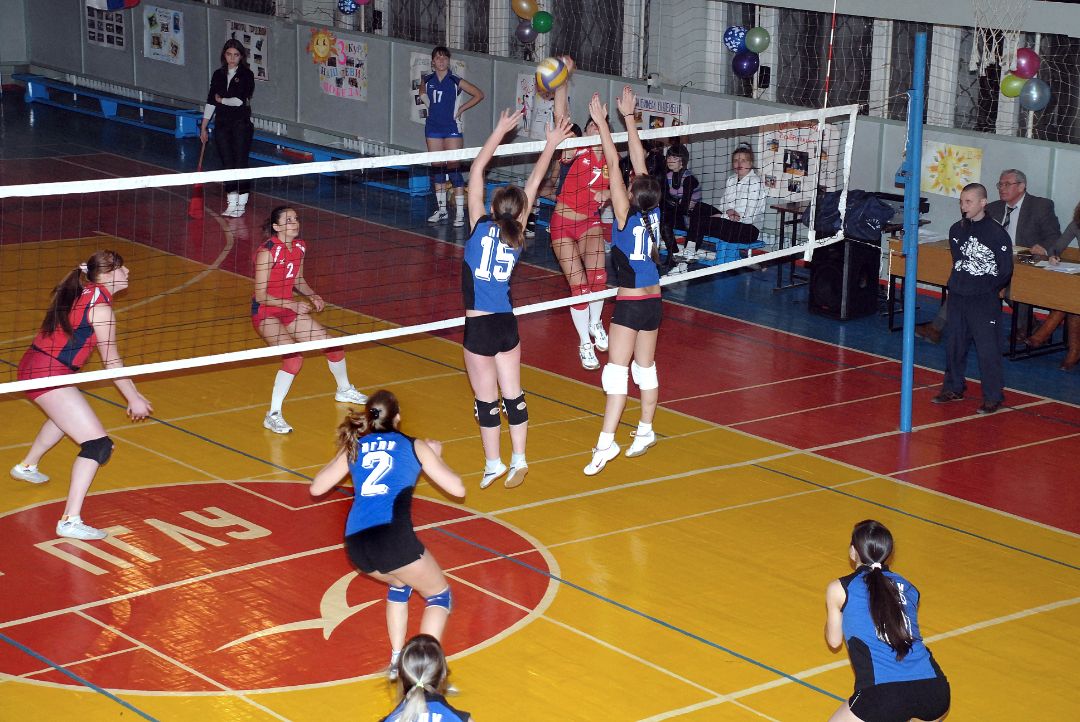
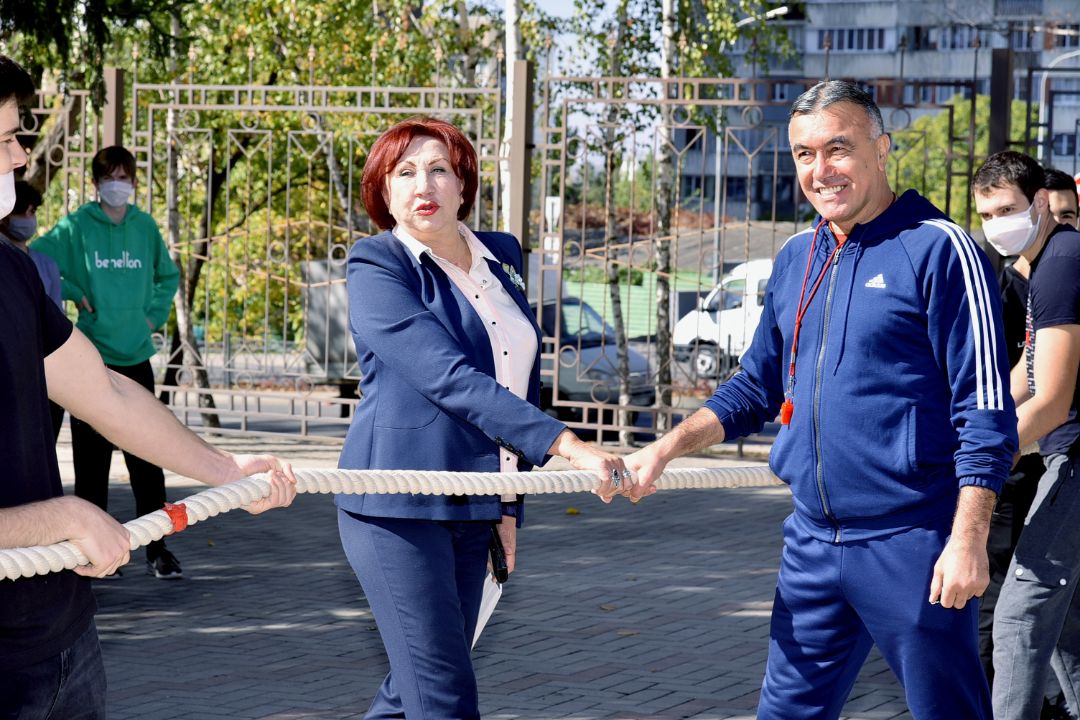
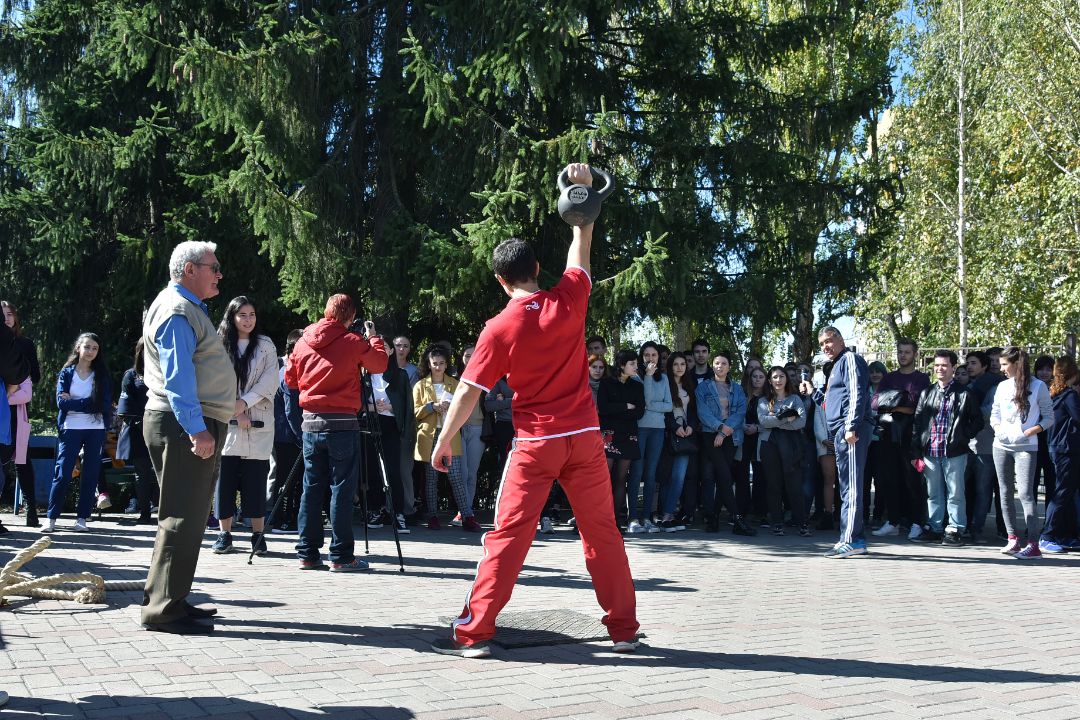
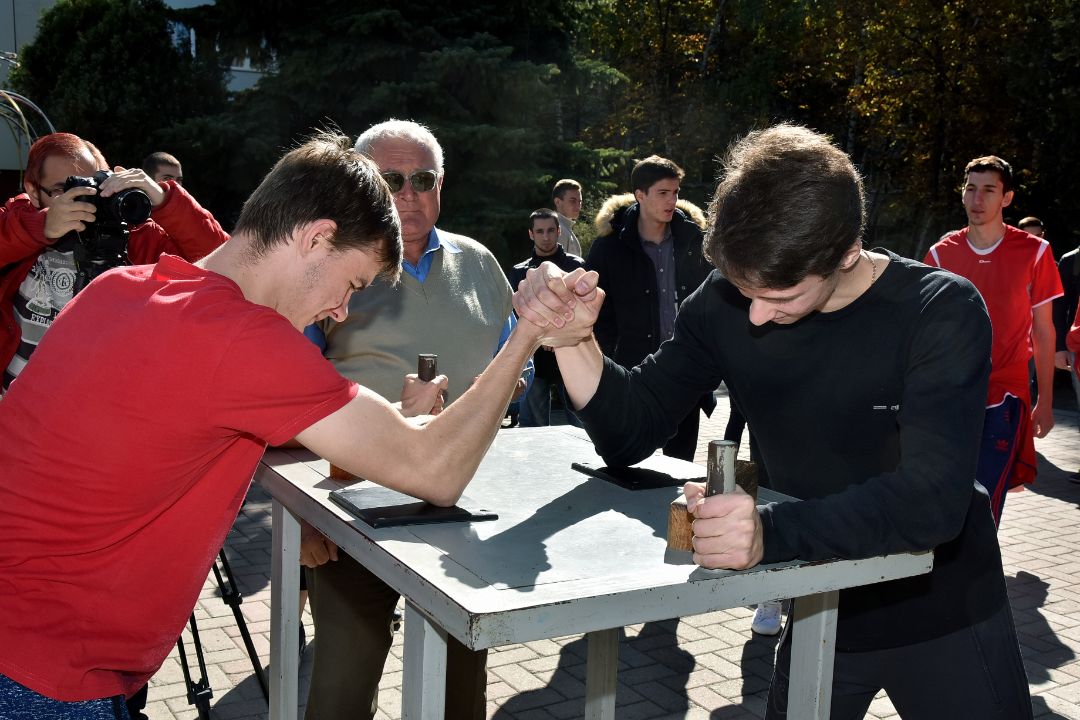
Sports life
The Russian South's best mountaineering club, which was transformed into Pyatigorsk Caucasus Mountain School in 2010, does not stop surprising with its successful international top-level projects. The members of the university mountaineering club, known recently as Caucasian Mountainous School, planted the PSU corporate banner on the peaks of Ararat (Turkey), Mont Blanc (France), Kilimanjaro (Tanzania), Pico de Orizaba (Mexico), Olympia (Greece), the Western and Eastern summits of Elbrus, the highest volcano of Asia, Demavend (Iran), one of the most famous peaks of the Caucasus, Kazbek, and Ojos del Salado (Chile), the highest volcano in the world on the border of Chile and Argentina. In May 2015, the climbing team summited Elbrus to celebrate the 70th anniversary of the Great Victory.
PSU is an outstanding center of linguistic and cultural diversity, a peace promotion center, and a center of cooperation between the state and civil society. Here, students are not only told about interethnic friendship and respect for other cultures; they do make friends and learn to respect other cultures.
PSU MISSION
Mission of PSU
Constantly developing its innovative potential and competitiveness in chosen focus areas, more and more integrating into the world academic space, to implement a function of creative and innovative university, “University that opens and transforms the world," a progressive scientific, educational, and peacekeeping center, the center of language and culture diversity, which produces a new globally significant knowledge, the creation and use of humanitarian and social innovations, the graduation of unique human resources with profound knowledge of foreign languages and a high level of professional and social competence, enhancing the prestige of Russian higher school, and increasing its export resource.
History of the University
The university with a rich history
The university has a rich history and glorious traditions that date back to 1939, when the Pyatigorsk State Teachers’ Training Institute was founded on the basis of the Pyatigorsk Teachers’ Training School. Vasiliy Tikhonovich Chekanov headed the institute, and Vsevolod Aleksandrovich Vasilyev became his deputy. Several departments were established: the department of Russian Language and Literature, the Department of Physics and Mathematics, and the History Department.
In 1941, the institute received two buildings: the Palace of the Pioneers in 70 Sovetskiy Ave. (now 68 Kirova Ave.) and in 38 Oktyabrskaya, with classrooms, a library, laboratory, offices, and institute administration.
1941 came… More than 107 students, 18 tutors, and 18 workers of the institute joined the Red Army. Later, 60 workers of the institute were decorated with medals and orders for their displayed heroism during the Great Patriotic War. The main campus of the institute was re-equipped into a hospital on the first day of the war.
On January 11, 1943, Pyatigorsk was liberated from the Nazi occupants. The reconstruction of the institute began. During the occupation, laboratories, cabinets, and the library were severely destroyed. There were no visual aids and practically no equipment. In March 1943, the newspapers reported that the institute had resumed the lessons.
From August 1943 to January 1967, the institute was headed by Rachia Grigorievich Sarents. During that time, the campus at the corner of Kirova and Kalinina Avenues had been restored, and an assembly hall and gym had been built. He managed to expand the auditorium fund of the institute, to build rooms for the library, and to open and equip a showing room.
New departments were opened: the Natural and Geographical Department (October 1943) and the Foreign Languages Department (August 1944), with subdepartments of English, German, and French languages.
On the R.G. Sarents initiative, the Institute hosted a Club of Interesting Meetings. These were the meetings with famous scientists like A.M. Prokhorov, the inventor of the quantum oscillator and a Nobel Prize winner. Meetings of students and tutors of the Institute with outstanding Soviet and foreign writers, composers, and cosmonauts had become a tradition. All these involved students in events within and outside the country, making their lives richer and more interesting.
The Institute carried out active sports and scientific work. Students and lecturers of the Institute took part in various sports contests and tourist trips and occupied first positions, receiving medals.
On February 12, 1946, an order about student club restoration and the Council of Arts was issued. A choir, drama club, dance group, and concert team were created to develop amateur talent groups. The institute's creative groups were famous not only in Pyatigorsk but in Stavropol as well. The academic choir under the direction of L.A. Yaresko and then A.I. Cherednichenko was especially famous.
Students and lecturers actively participated in the public and work life of Pyatigorsk. They took part in the city’s improvement, reservoir building, and harvesting at suburban farms.
In 1957, the institute started a five-year educational program. New programs for future teachers were determined: teacher of two foreign languages, teacher of Russian language, literature, and foreign language. In 1958, new departments were opened: the Department of German and French Languages, the Philological Department, and the English Language Department. Under a government decision, all non-linguistic subjects were moved to other institutions in the region, including Stavropol. In 1961, the Spanish Language Department and the German Language Department were opened.
In June 1961, the Paytigorsk State Teachers’ Training Institute got the status of the State Teachers’ Training Institute of Foreign Languages.
In 1967, Sergey Andreevich Chekmenev, a graduate of the history department, was appointed rector. For 20 years under his leadership, the institute had renewed its resource base; new educational and administrative campuses, a canteen, student dormitories No. 2–4, and apartment houses for tutors and workers of the Institute had been built. In 1967, the sports and fitness camp “Damkhurts” and the sanatorium-preventorium “Orekhovaya Rosha” were erected. The construction of a student hospital and swimming pool had begun.
On July 1, 1980, the Institute opened a new sub-department, “Russian as a Foreign Language” (with English, French, and Spanish languages).
The Institute hosted all-Soviet and all-Russian meetings of tutors on theory, practice, and methodology of teaching social sciences, philology sciences, pedagogy, psychology, and scientific organization of pedagogic work in schools and institutes. The Institute became the center of South Russia for the training of foreign language teachers.
In December 1986, Candidate of Philological Sciences Aleksey Ivanovich Yeschenko, who graduated from the Spanish Language Department, became the Rector of the institute. Under his direction, dormitory No. 5 was constructed. Up until January 2002, he headed the Center of Linguistic Research at the university.
In 1989, the department of the English language was divided into two departments: the department of English and German languages and the department of the English language.
On November 13, 1990, Yuri Stepanovich Davidov, a doctor of economics and a graduate of Lomonosov Moscow State University, was elected to the post of Rector of the Institute. The Academic Senate supported his offer to switch to new educational and professional programs. The Institute was one of the first institutes in Russia that began to train bachelors and masters of linguistics.
In 1995, the Russian Federation Ministry of Education transformed the Institute into the Linguistic University due to the qualitative changes in its work.
In 1992, the university switched to multilevel training for specialists. Since that time, linguistics and intercultural communication have become the major areas of training. In 1990, PSLU launched new educational programs, apart from the already existing teacher and tutor qualifications. These were: translator/interpreter of two foreign languages; manager in the state and municipal management systems; and enterprise manager. In 1996, the University graduated first bachelors of linguistics; in 1999, first masters from the French language department; and in 2000, first masters from the English and German languages departments.
On April 20, the Rector of PSLU was elected as a corresponding member of the Russian Academy of Sciences. On April 23, 2004, he was elected as its full member.
In the 1990s, PSLU hosted regional and all-Russian conferences on hermeneutics, Russian philosophy, lexicology and educational lexicography, pragmalinguistics, language teaching methods, practical psychology, economic disciplines, pedagogy, culturology, text linguistics, translation, etc.
In 1995–1996, on the initiative of the University scientists, PSLU launched a large-scale complex scientific, research, humanitarian, and educational program called “Peace in the North Caucasus through Languages, Education, and Culture." Since 2006, the organizational work on the program has been led by the Rector of the University, Alexander Gorbunov. PSLU held several international congresses on the given topic, and a number of scientific works were published. This program attracts a large number of participants from the North Caucasus, including the large university centers of Moscow, Saint-Petersburg, and other cities, as well as representatives from universities in Great Britain, France, Germany, Spain, Poland, Finland, the Netherlands, and other countries.
Since the 1960s, the University has applied the practice of international collaboration and training of specialists for foreign countries. PSLU students undergo language practice in foreign countries. The best students have shown a high level of professional linguistic skills abroad as they worked as interpreters in different countries. In 1968, the University opened a department to work with foreign students. The education represented four areas: qualification in “Foreign and Russian languages," educational training, post-graduate courses, and short-term courses. The first students in this department were Vietnamese citizens. Within the following few years, more than 400 students from 50 countries (Vietnam, Cuba, Nicaragua, Mexico, Peru, Algeria, Togo, Ethiopia, Laos, Syria, etc) were studying at this department. In general, during all the time of its work, the department prepared about 1500 specialists for 61 countries in Southeast Asia, Africa, and Latin America. The graduates of the department work in different universities, establishments, scientific and cultural centers, and state institutions.
Since 1983, the University introduced the position of vice rector for international relations. The international life of the University was not limited by the operation of the foreign students’ department.
In the 1990s, the international collaboration of the University led to changes in the coordination system in this sphere. In 1993, the University created an International Relations Department. Due to the expansion of PSLU international contacts and its collaboration with international educational organizations and funds, the University introduced the position of director for international programs, which has since been held by V.E. Mishin, an experienced specialist in international relations. In 2007, the unit was transformed into the Department of International Relations and Educational Programs.
Together with the versatile work of the Department of International Relations and Educational Programs on collaboration with foreign partners, the traditions of foreign student training gained a new impulse within the scope of the national program “The Russian Language." Recently, students, post-graduates, and trainees from Germany, Austria, France, the USA, South Korea, Lebanon, Afghanistan, Pakistan, Israel, Sudan, Belgium, Poland, Slovakia, Iran, Mexico, Greece, and other countries have been trained at PSLU.
It is impossible to imagine the cultural life of the University as well as Pyatigorsk without the creative contribution of foreign students at PSLU. Festivals of national cultures and languages, national costumes and cuisine contests, celebrations of the New Year—all these help to improve mutual understanding and friendly relations between Russian and foreign students and form a kind of world culture at PSLU.
In 1994, the University launched the Center for Computer Technologies, headed by Tatyana Petrovna Sarana. In 1991, the first two IBM computers were put to work. In 1999, they amounted to 140, and five computer classes were formed, two of which were connected to the Internet. The opening of the Center for Informational and Educational Technologies was a new stage in education, computerization, and the development of publishing activity. Nowadays, all subdivisions of the university have computers and copying equipment. Students and lecturers use contemporary lingaphone offices. There is a constant development of audio- and video-based educational programs, texts, and movies. Computerization of administrative activity, library, and accounting and control improvement is another important direction of the Center’s work. Since 2007, the Center for Informational and Educational Technologies has been headed by Aleksandr Ivanovich Sarana.
The university library’s history starts in 1939. From the foundation of the Institute, three people worked there, and the stock amounted to 43,670 books. During the fascist occupation, the Pyatigorsk library was completely destroyed. After the liberation of the city, it was reconstructed. Students, lecturers, and institute officers donated their own books. Nowadays, PSLU Library is one of the largest libraries in the Northern Caucasus. Its unique collection was formed in accordance with the university direction, which is a Russian and foreign languages book.
In 2004, according to the International Academy of Quality and Marketing, PSLU was reckoned among the 100 best universities in Russia and got an honorable reward—a Golden Medal for “European Quality." In 2005, PSLU was awarded an honorary diploma from the State Duma of Russia.
In 2005, Yuri Stepanovich Davidov, an academician of the Russian Academy of Education who had been working as a rector for 15 years, was elected to the post of president of the University. Professor Alexander Pavlovich Gorbunov was unanimously appointed to the post of Rector by means of a secret ballot at the conference of scientific, pedagogic, and other categories of PSLU workers. Professor Gorbunov has held this position since December 28, 2005.
On his initiative, the University started its transition from a traditional to a creative and innovative university. Since that time, the University has been considered a model of a polycultural civil and professional community; the University continues to develop as a center of multiple languages and cultures, as the University that “opens and transforms the world.”.
In 2006, the university was ranked third in the rating list of the best of Russia’s pedagogical and liberal arts universities monitored by the national Ministry of Education and Science. According to the Vladimir Potanin Charity Fund’s independent research, it was nominated as one of the country’s best universities for the 15th time.
As per the results of the prestigious All-Russia Contest “Russian Organization of High Social Efficiency,” sponsored by the Government of Russia in 2007, the University won a prize in the category “Education and Science.”.
In May 2016, a new era of university development as a multidisciplinary institution started.
Following order No. 566 of the Ministry of Education and Science of the Russian Federation from May 13, 2016, “Pyatigorsk State Linguistic University” was renamed "Pyatigorsk State University." This decision came into force after the registration of the Unified State Register of Legal Entities on May 27, 2016.
Pyatigorsk State University has a glorious past and an even more prospective future. The scientific and pedagogic personnel of the University that provide the link between generations and train future professionals of the 21st century are a guarantee of our success.
International Activity
International Activity
Internationalization of education is an objective process of stable interaction and interinfluence of national higher education systems based on common goals and principles that reflects 20th-century trends and meets the requirements of the whole human civilization as well as those of certain countries.
Solving issues of training quality for specialists with professional world-level skills, Pyatigorsk State University takes part in the processes of international integration, constantly strengthening and diversifying international academic bonds by means of the scientific and educational potential it possesses, as well as opportunities for innovative network interaction and cooperation with foreign partners and exporting educational services.
The university has created a flexible, balanced system of international activity that fosters a stable, high level of internationalization of scientific and educational work, aimed at sustaining a positive image of Russian higher education.
© 2023 Pyatigorsk State University
